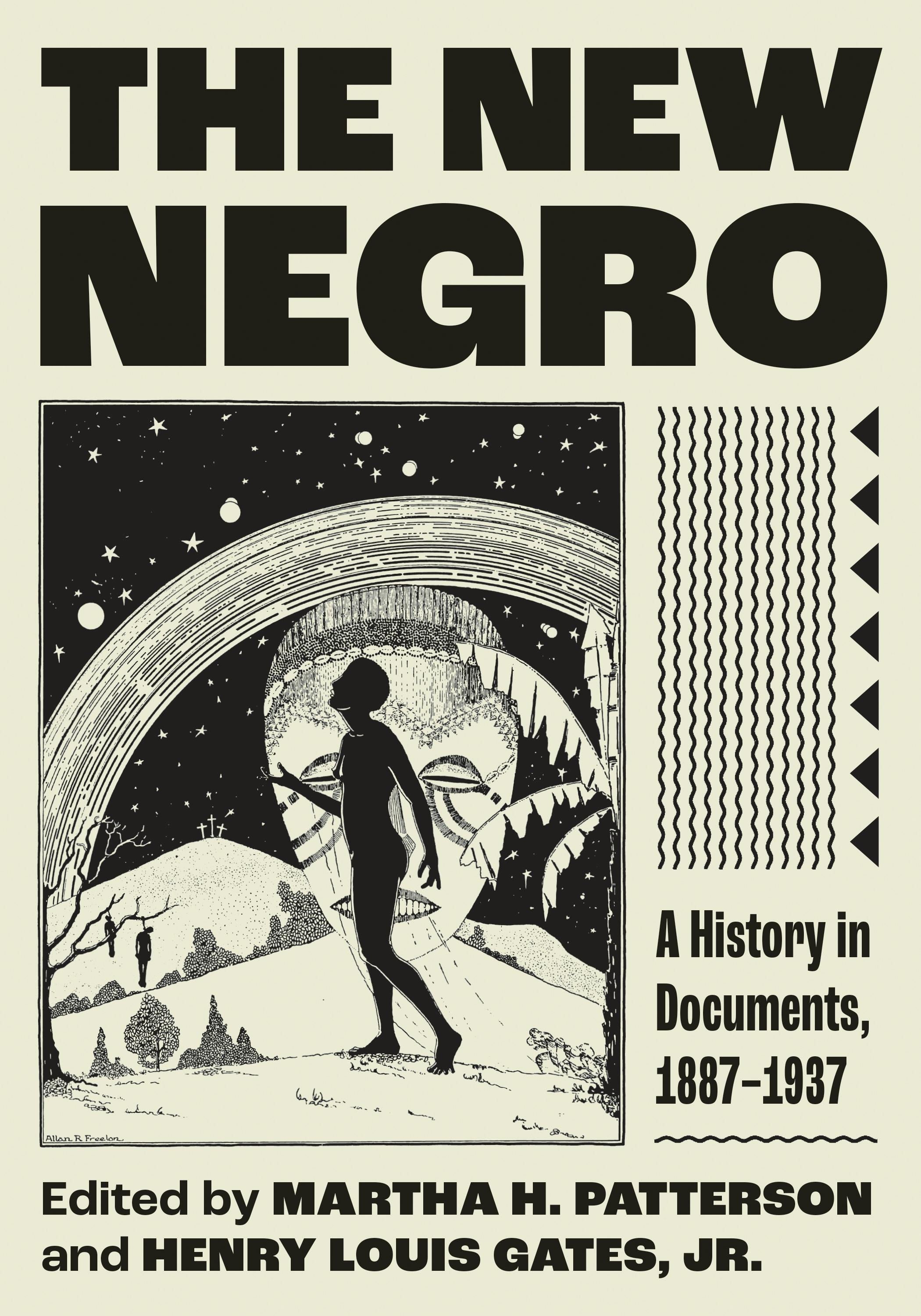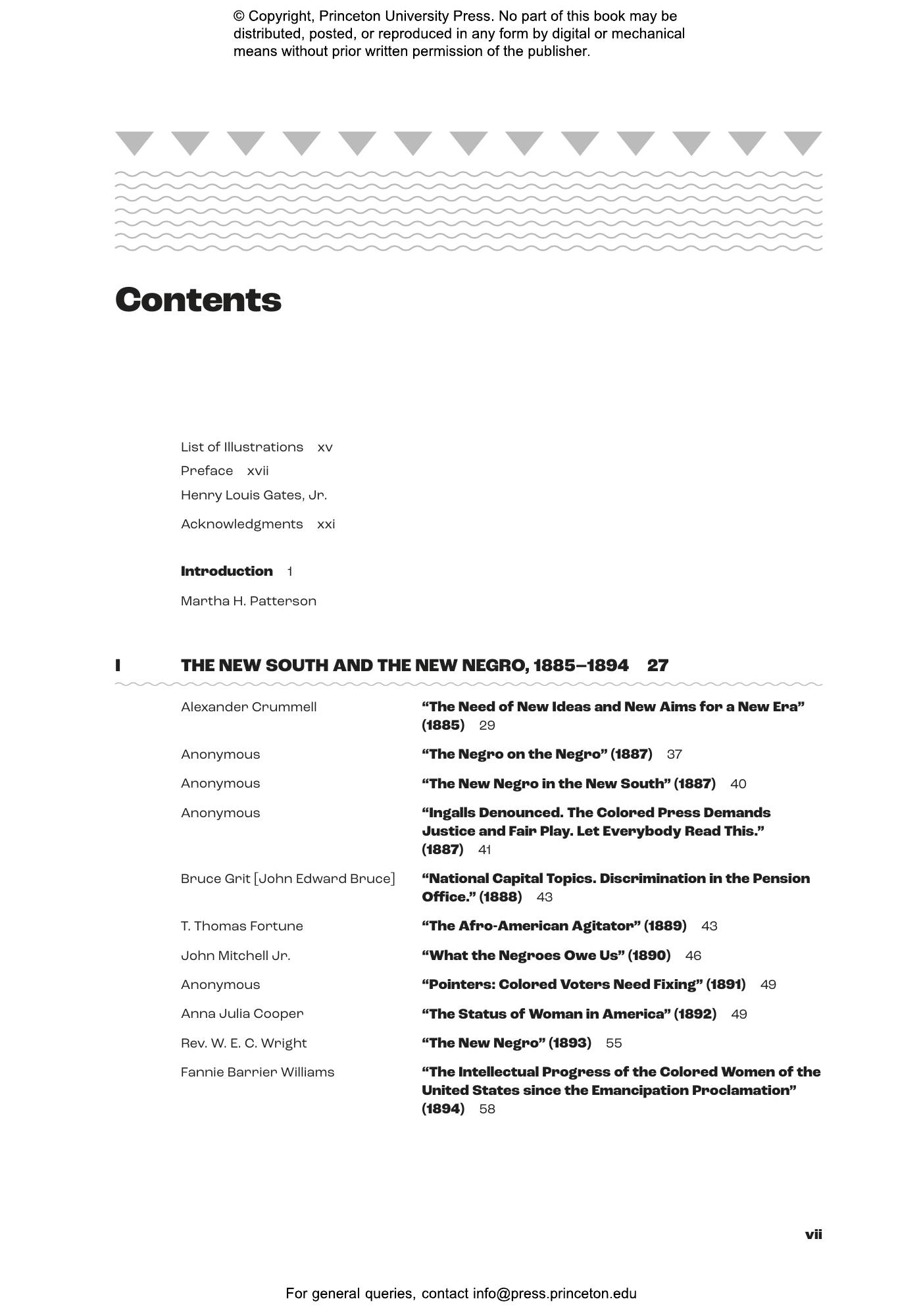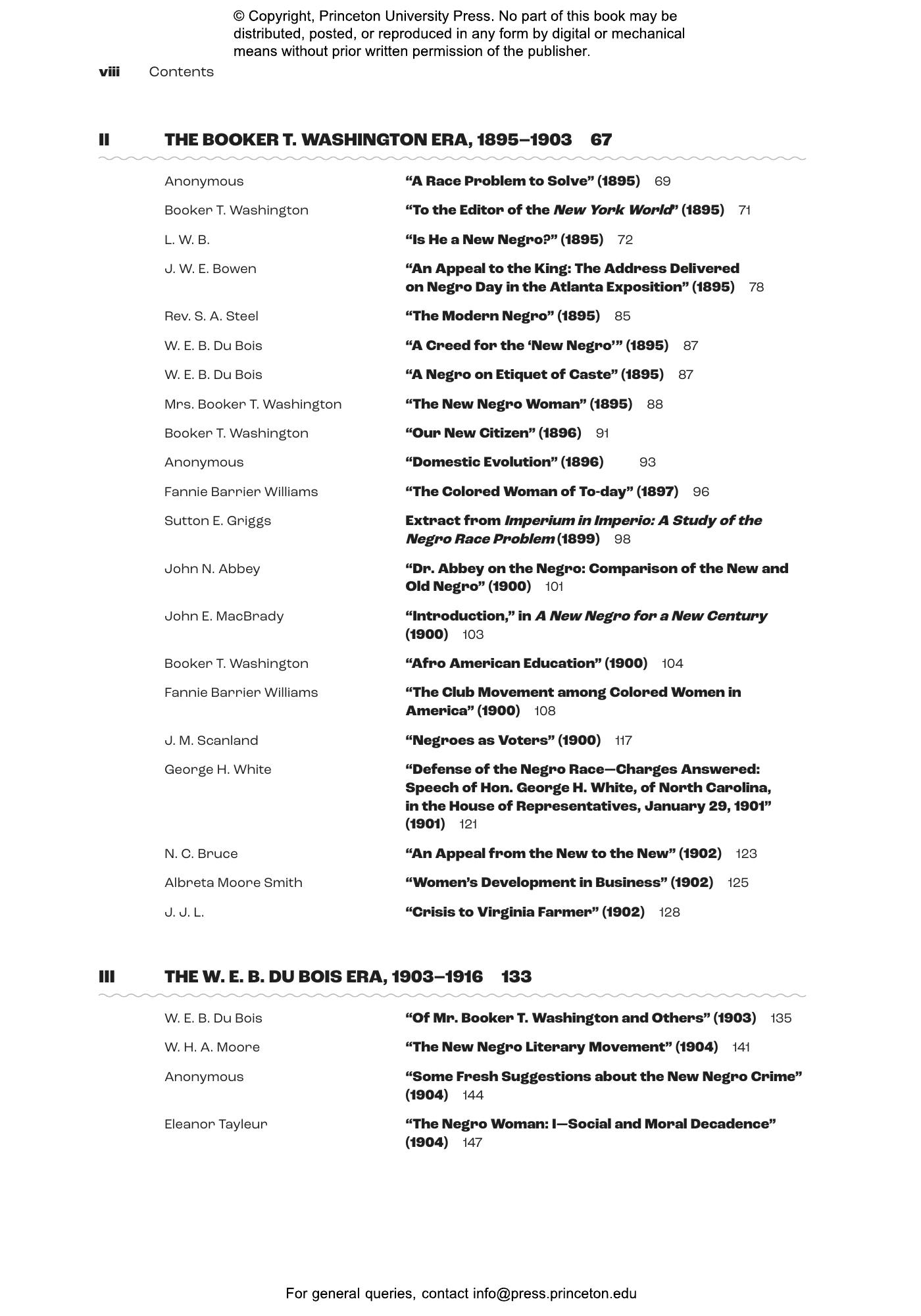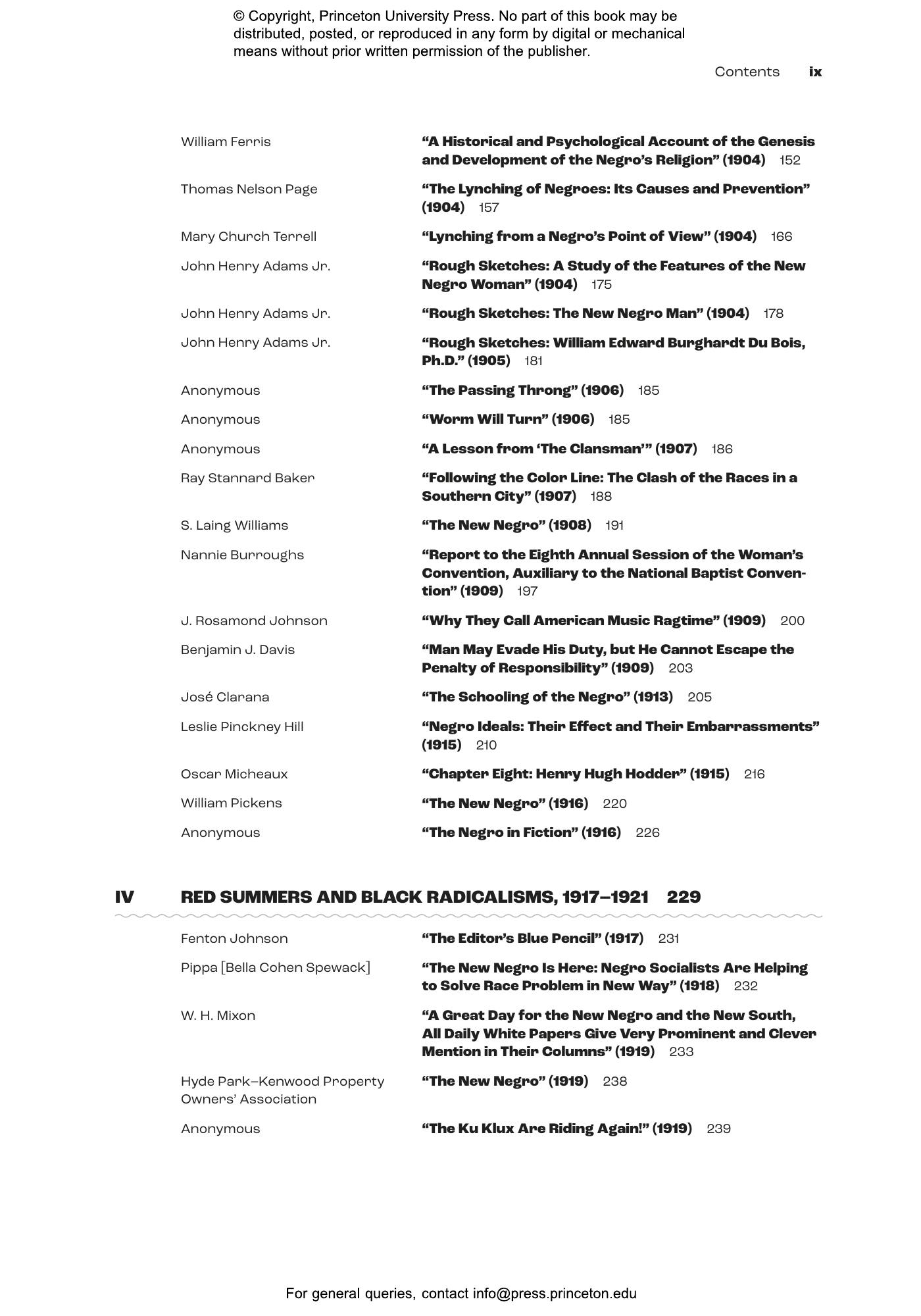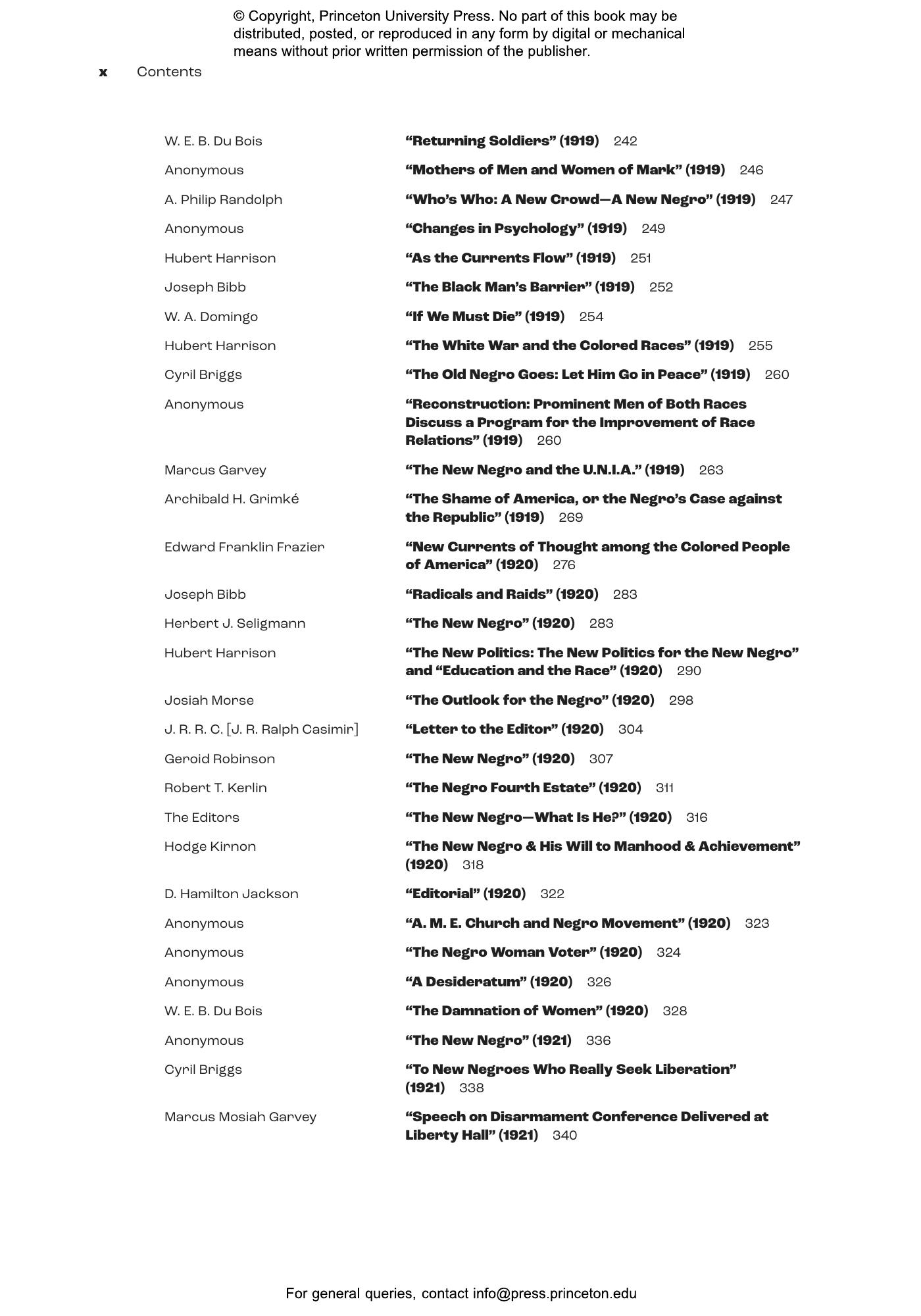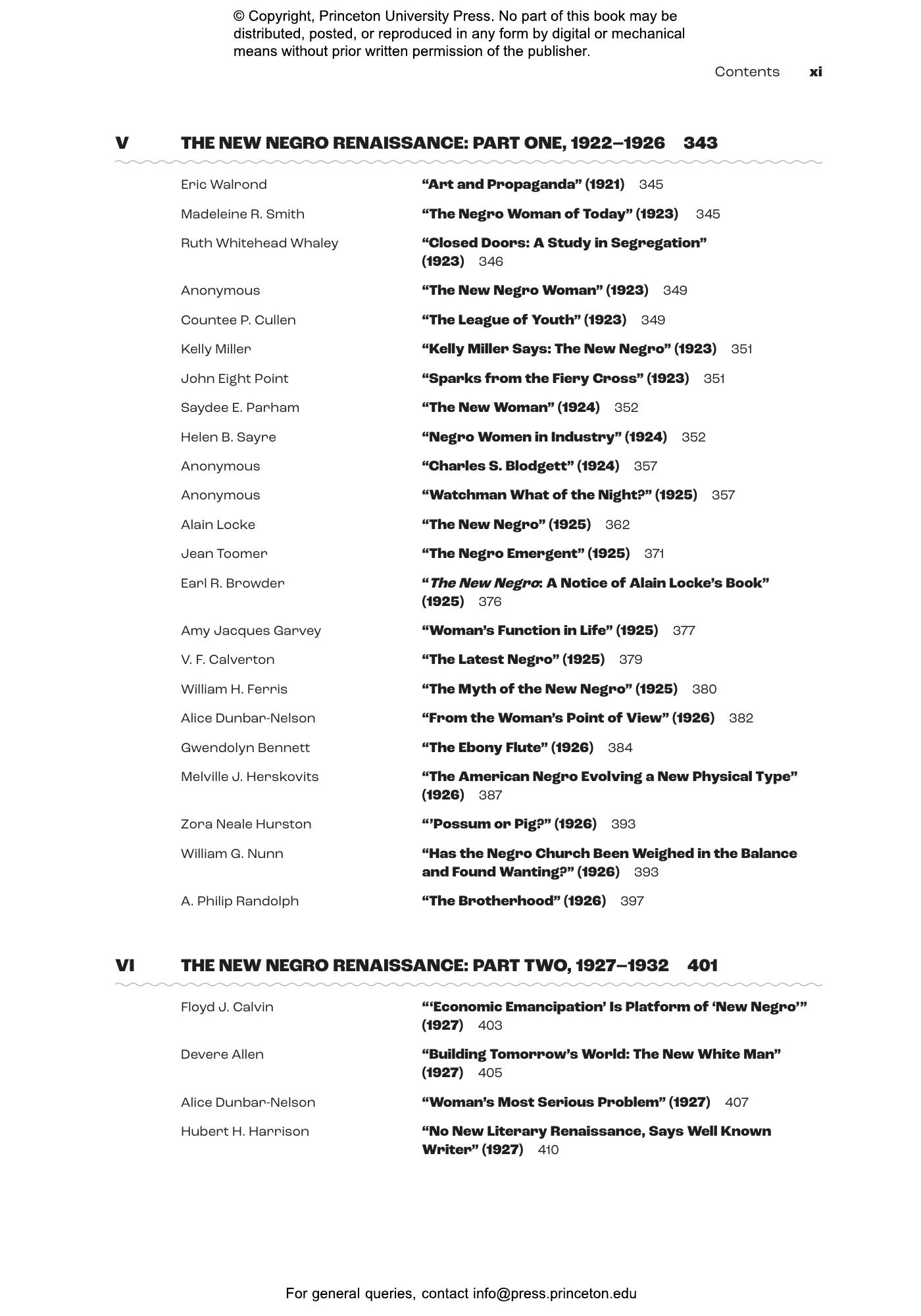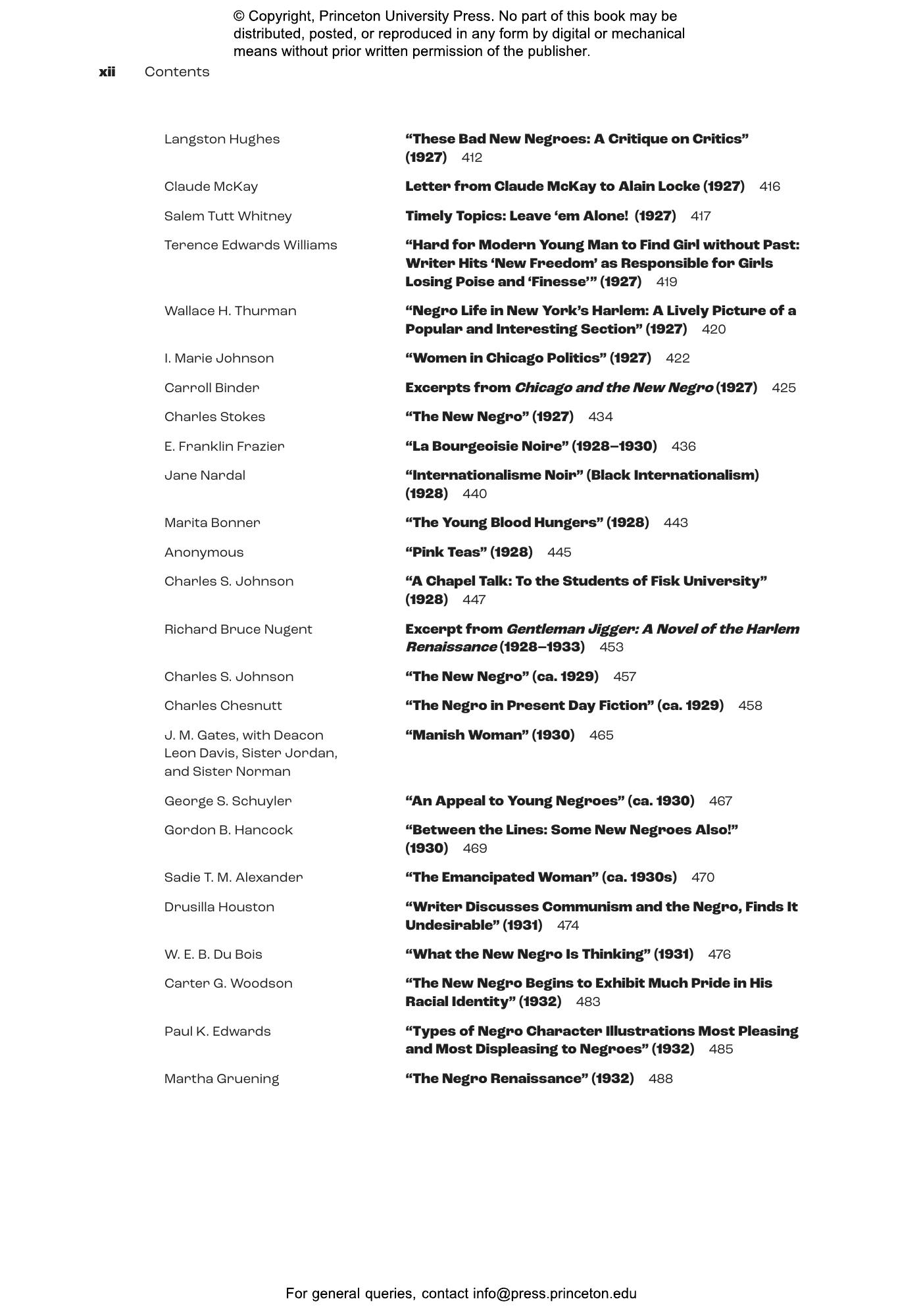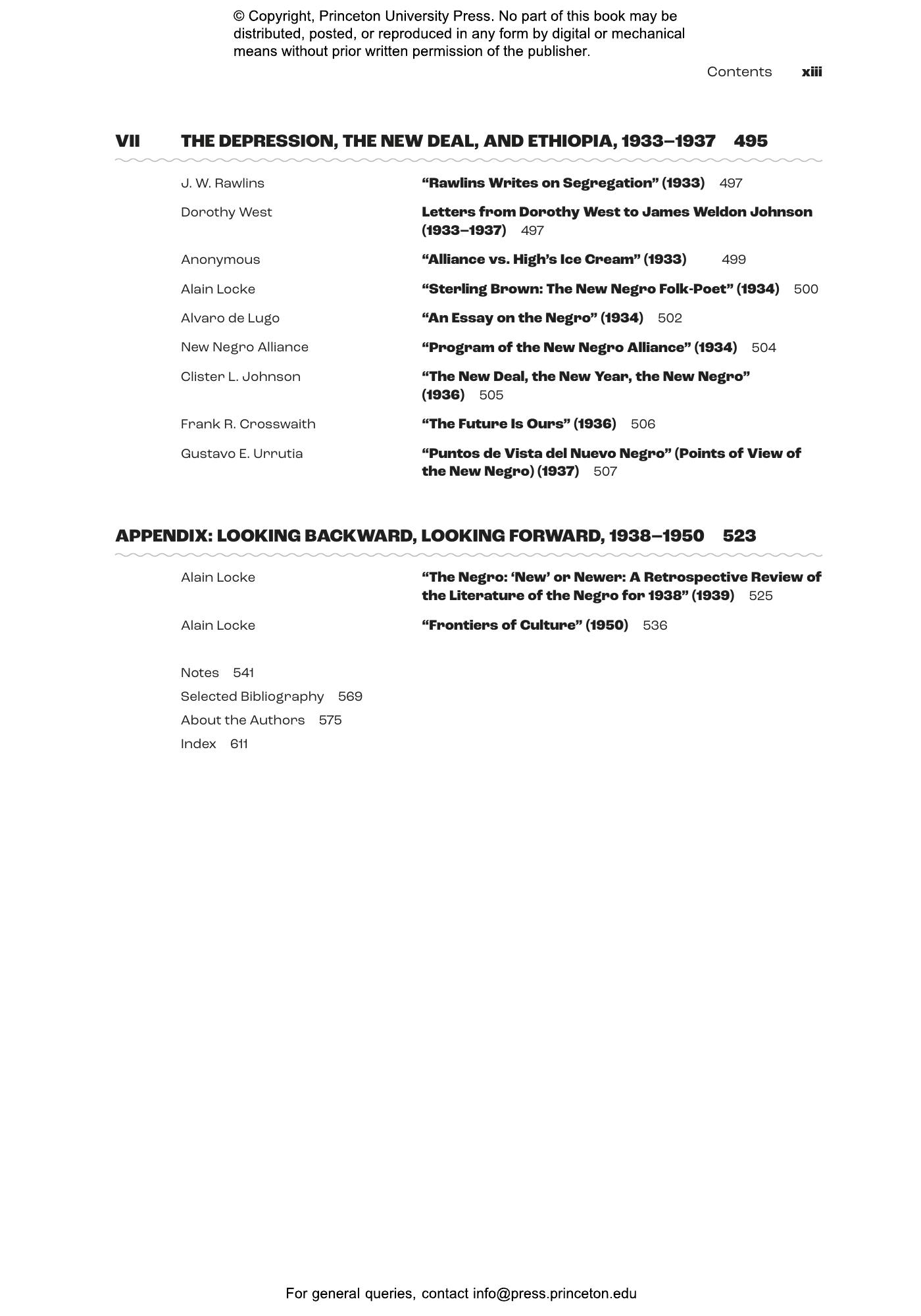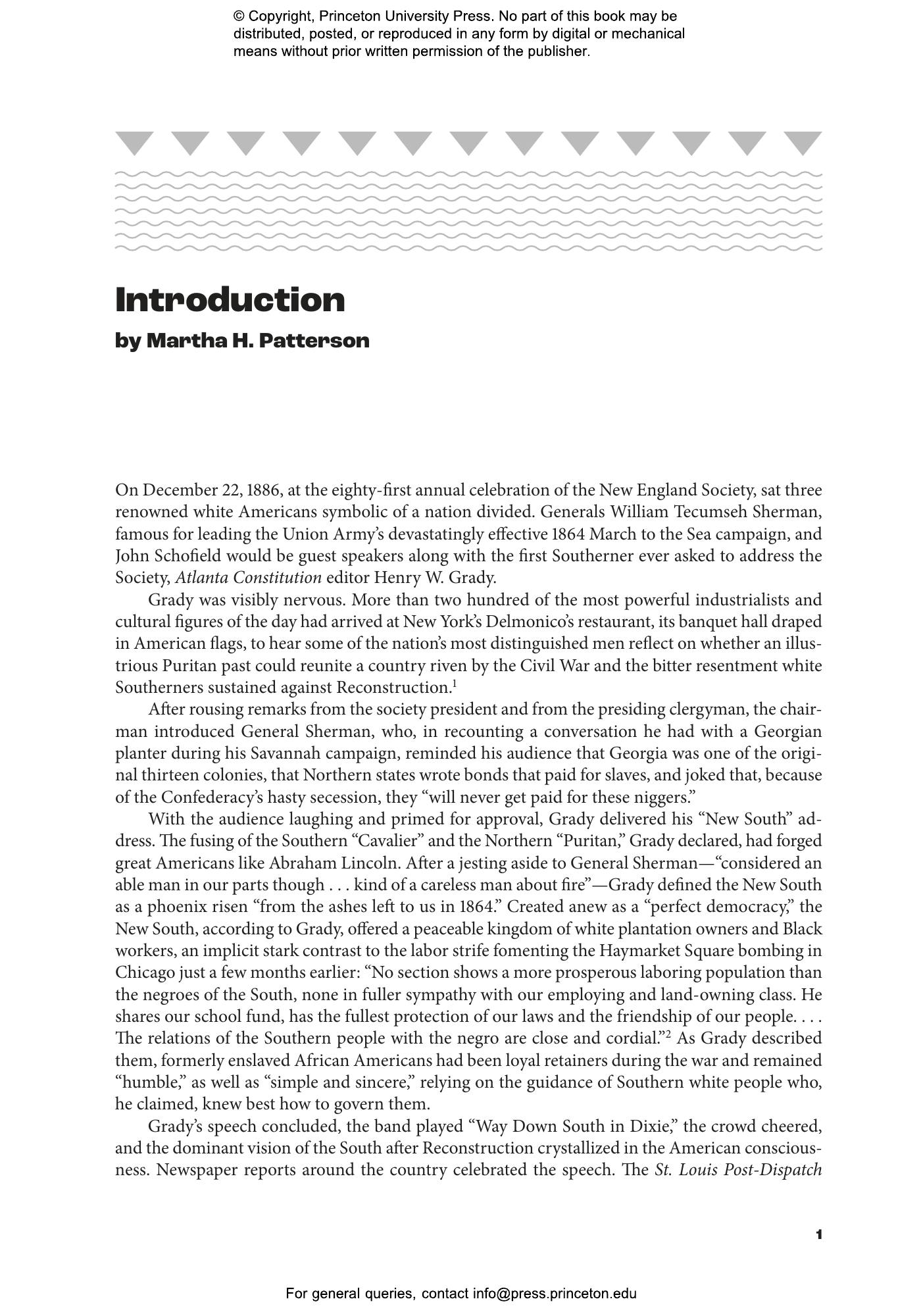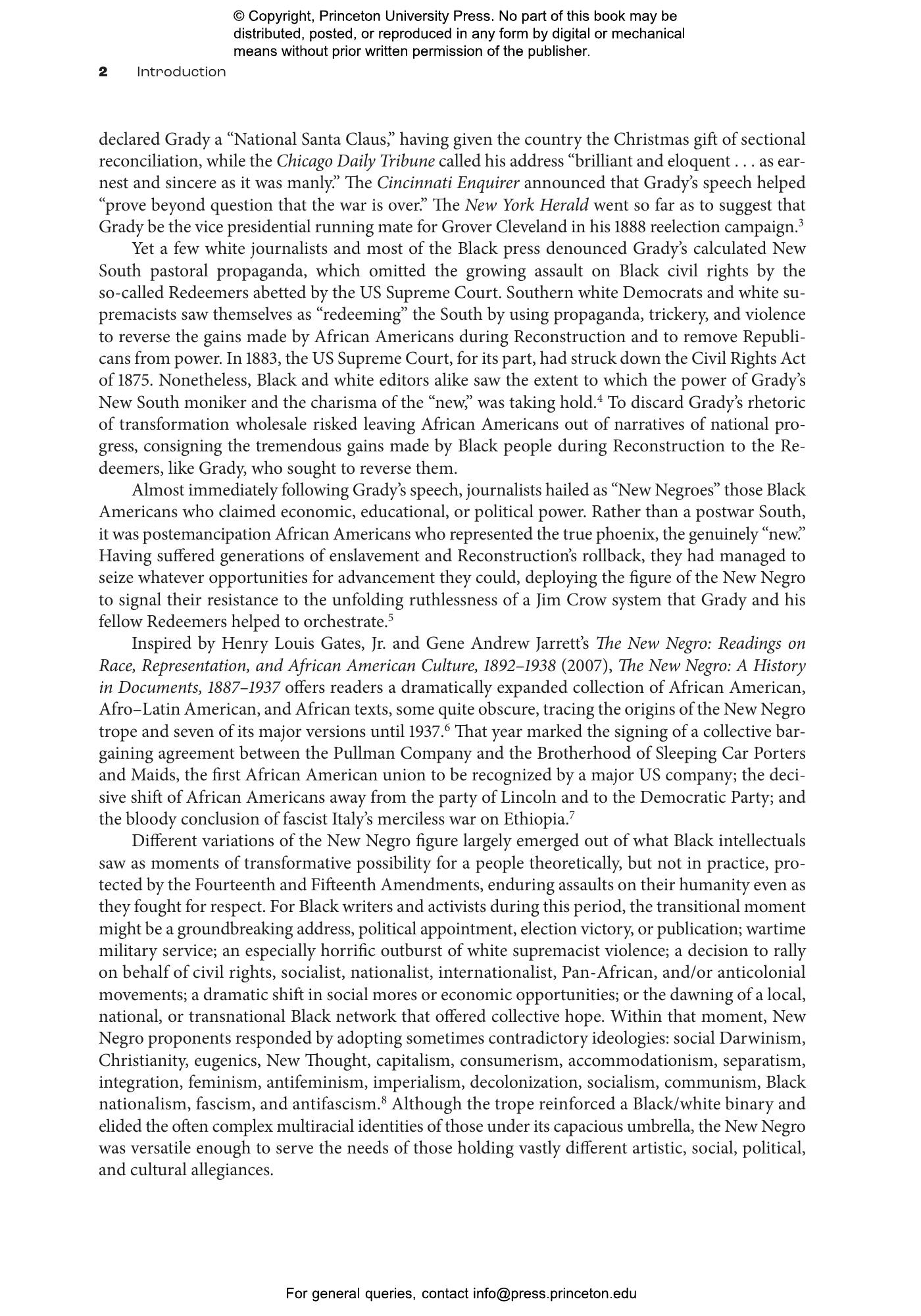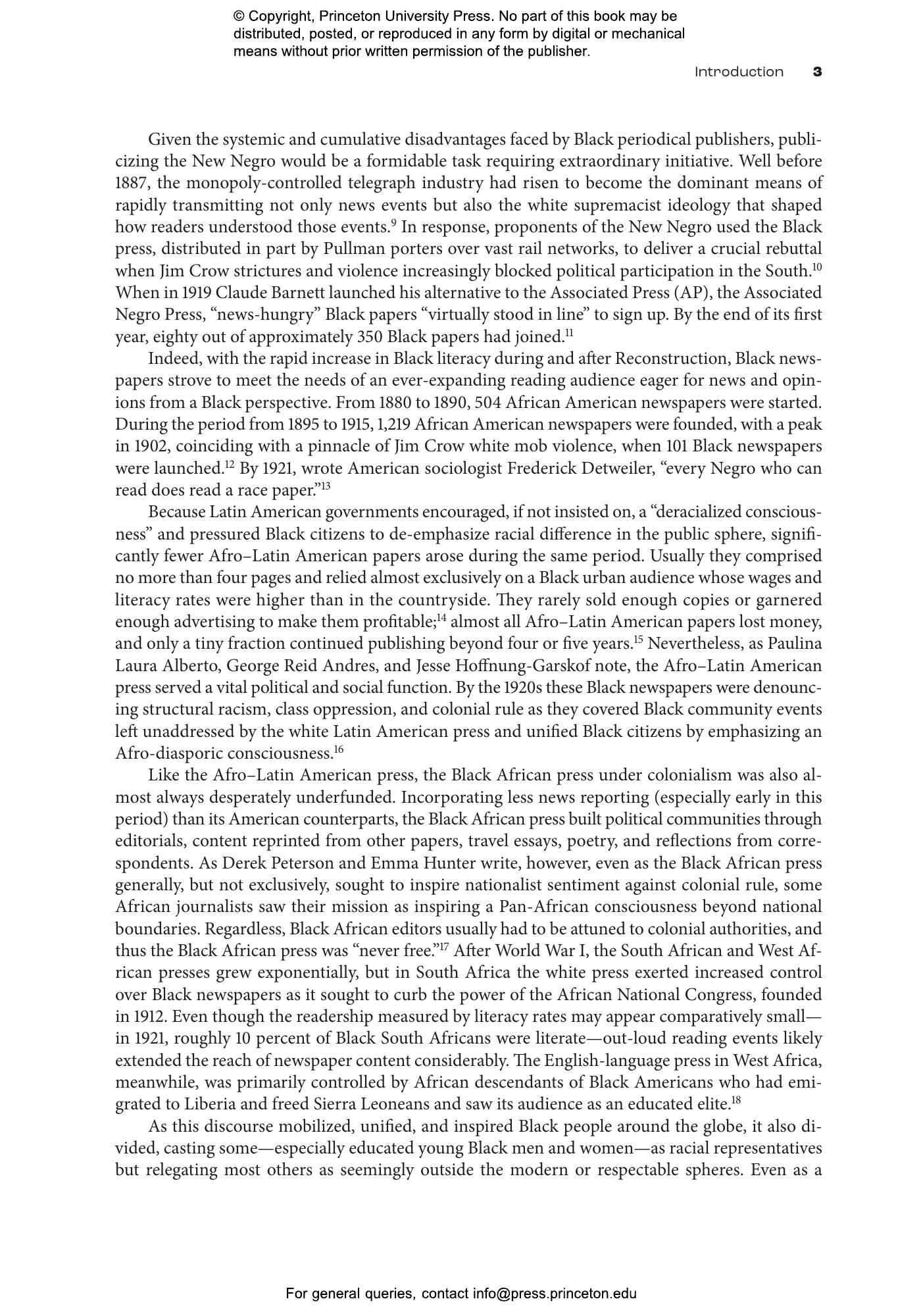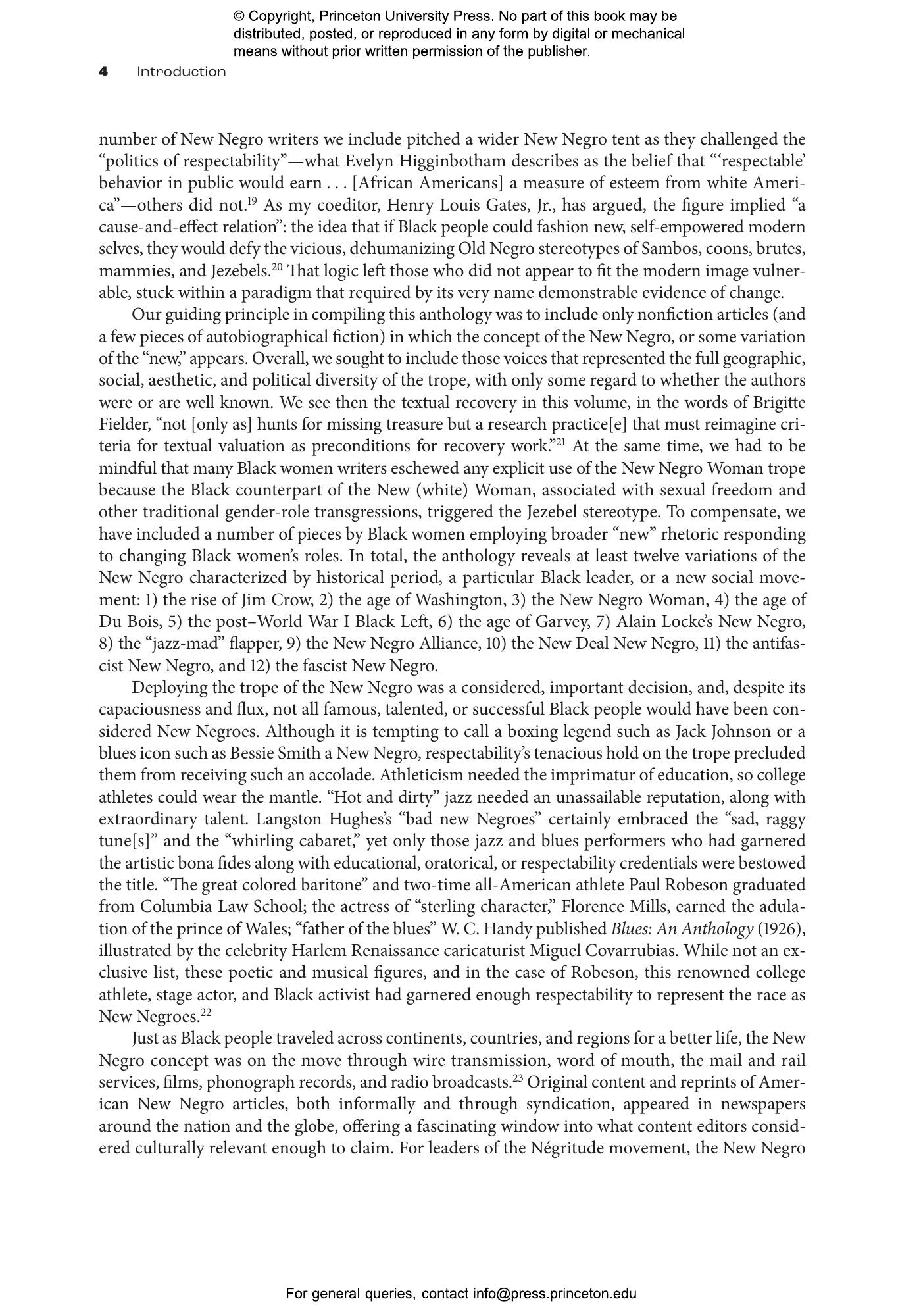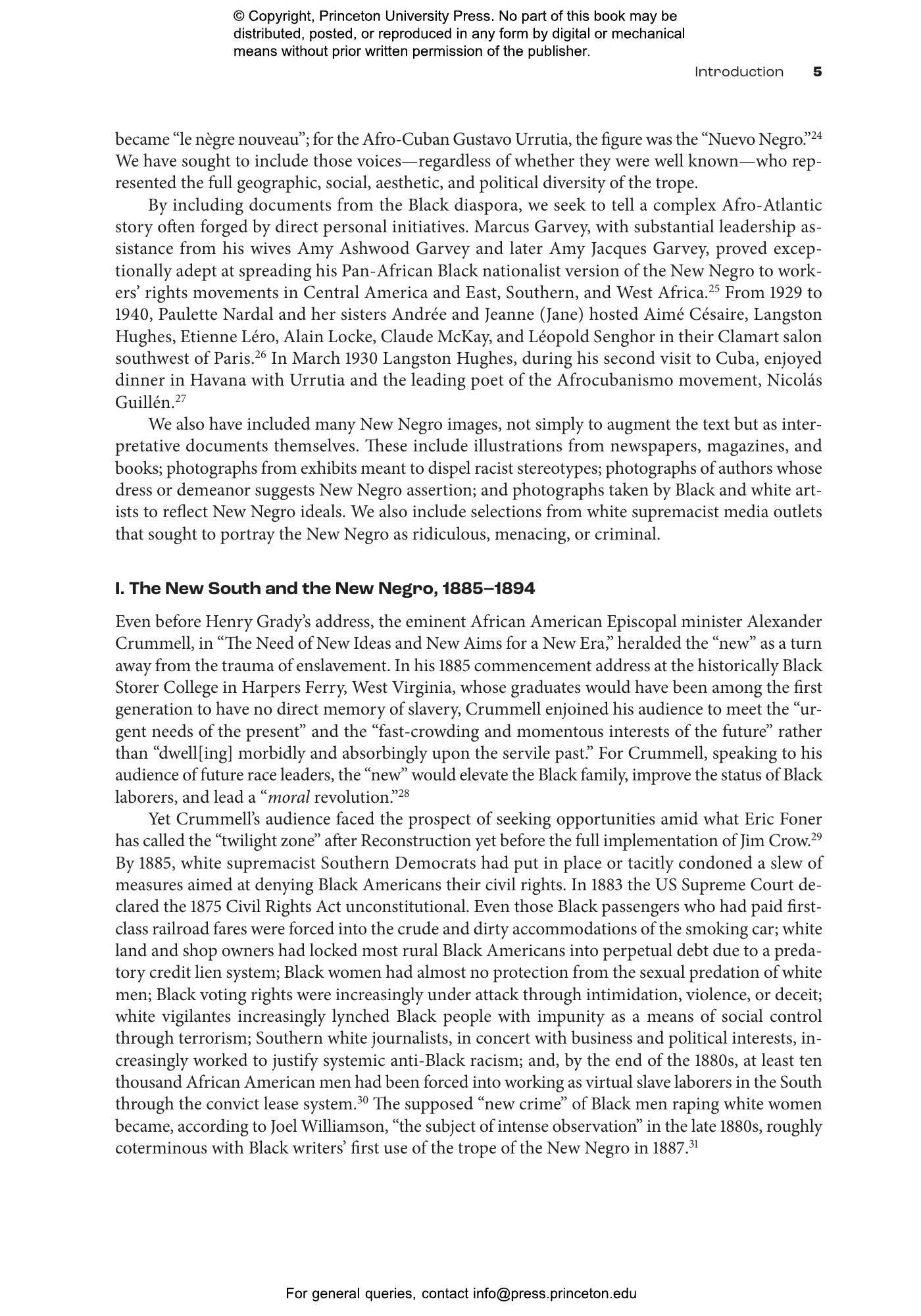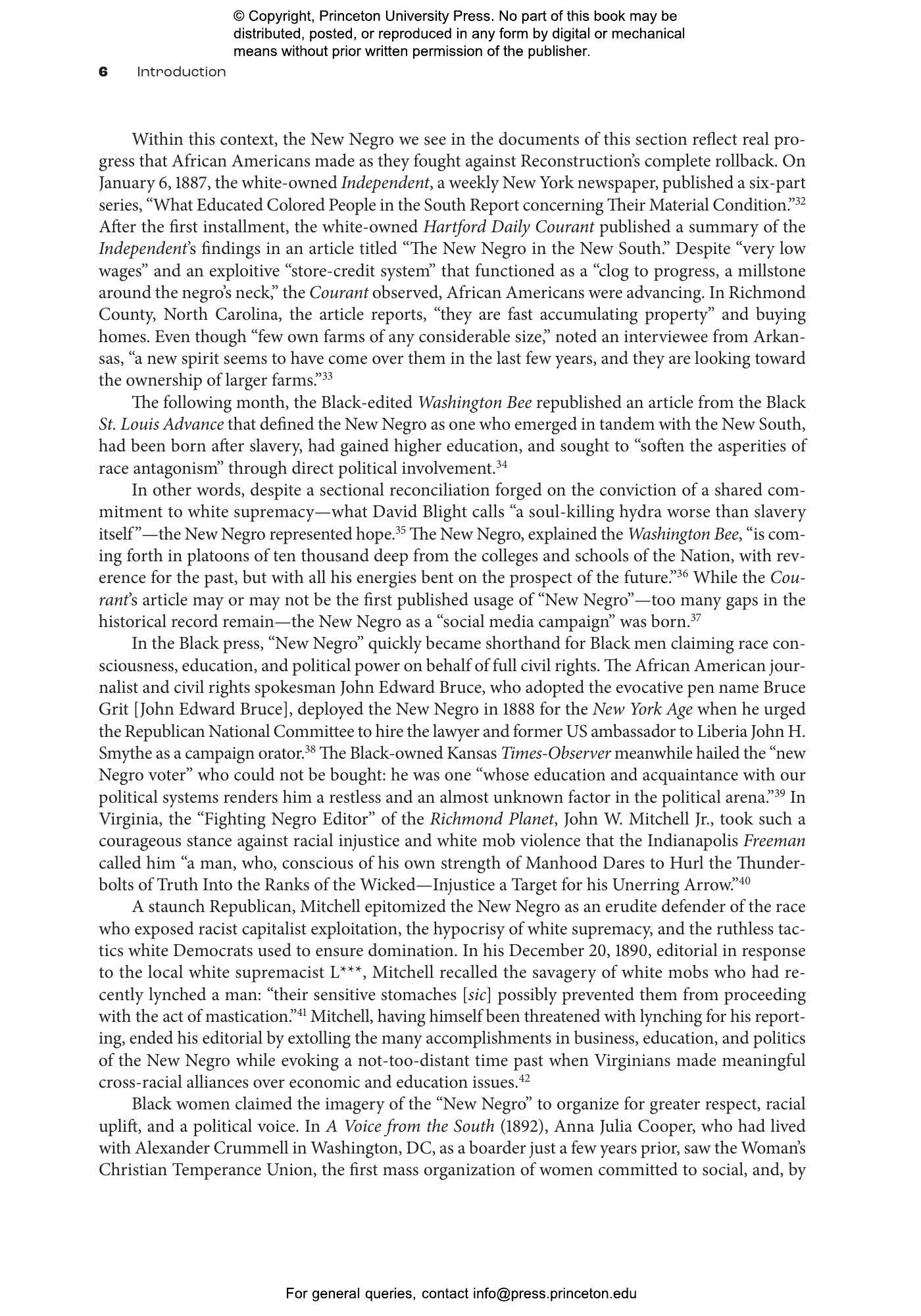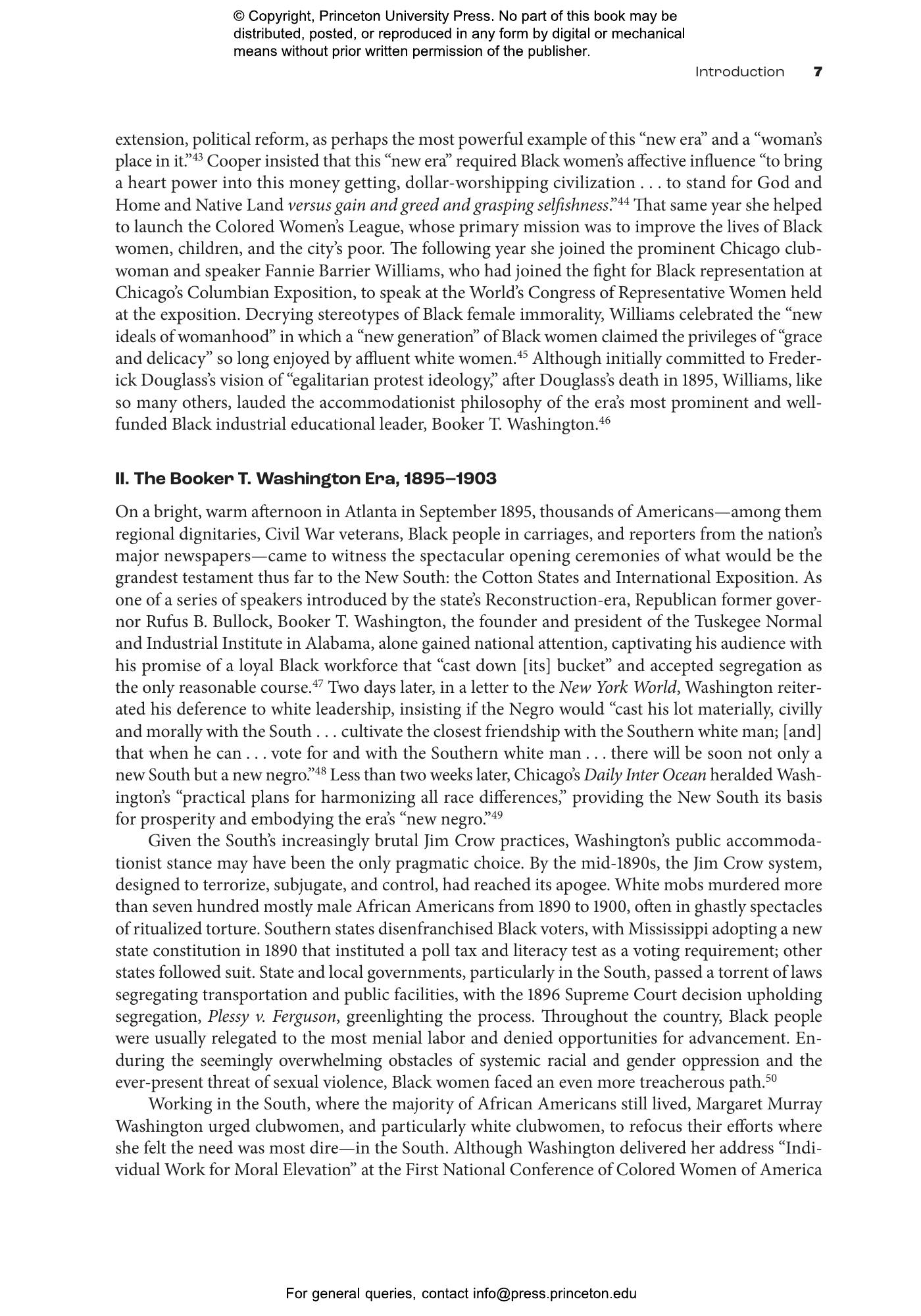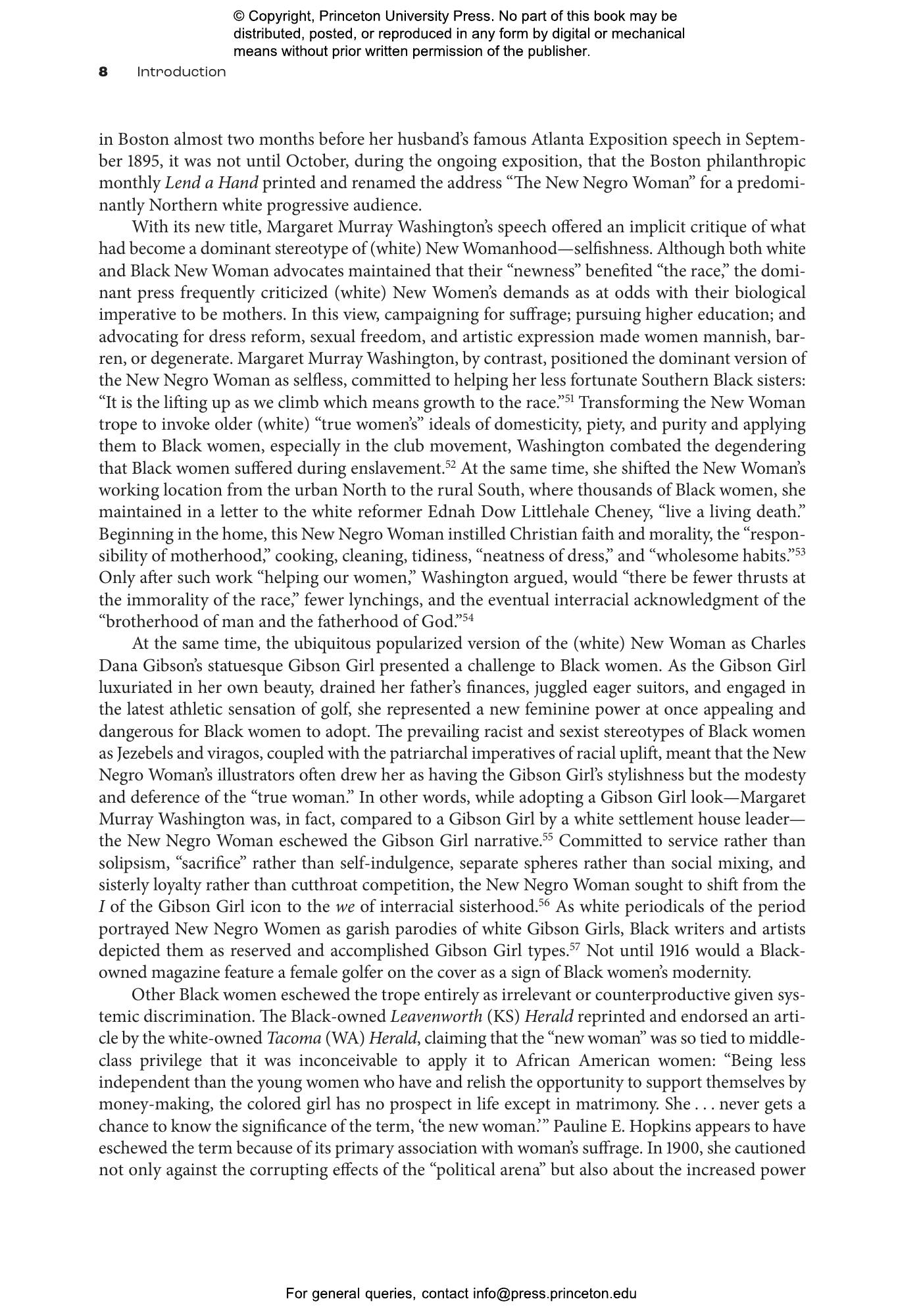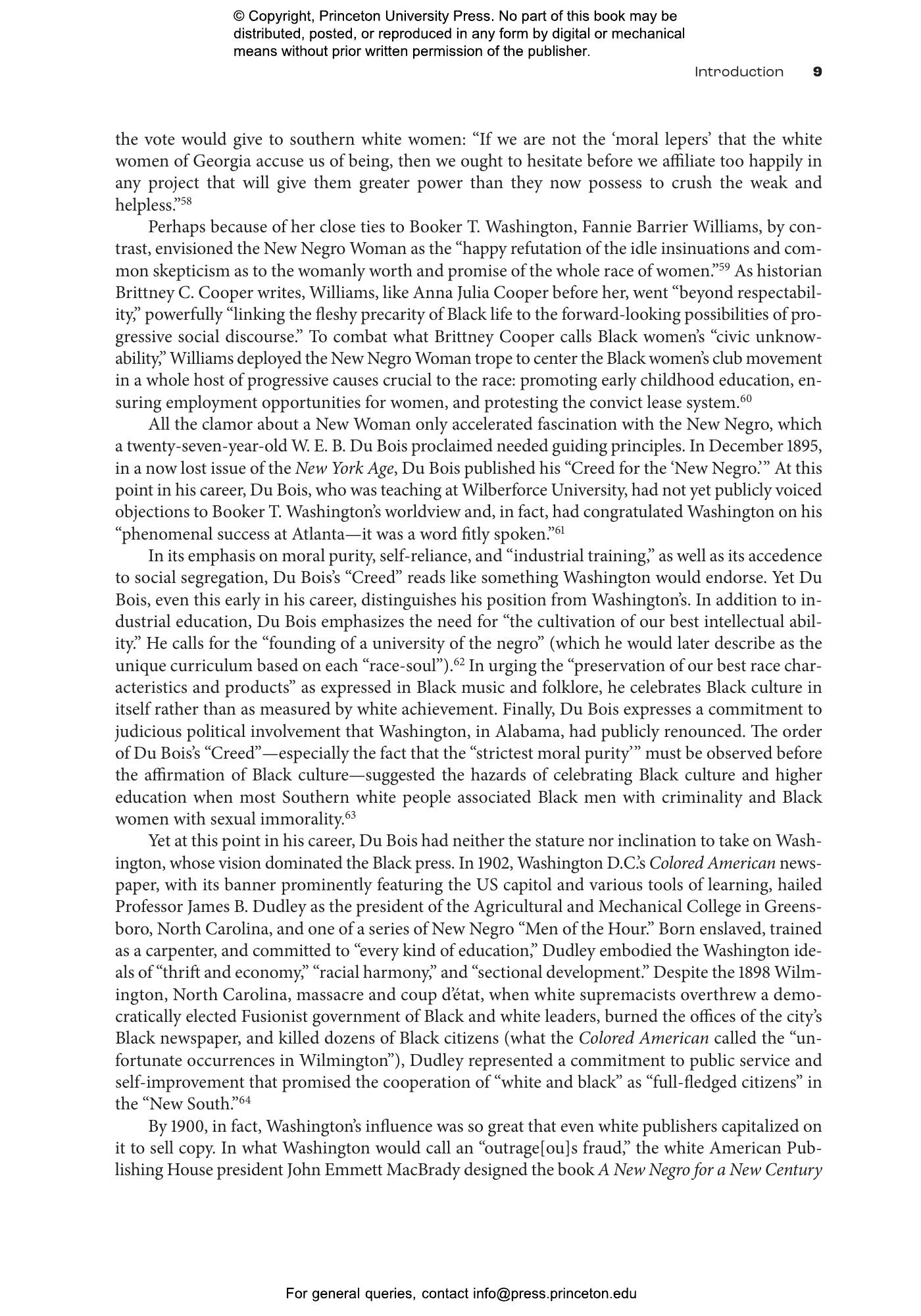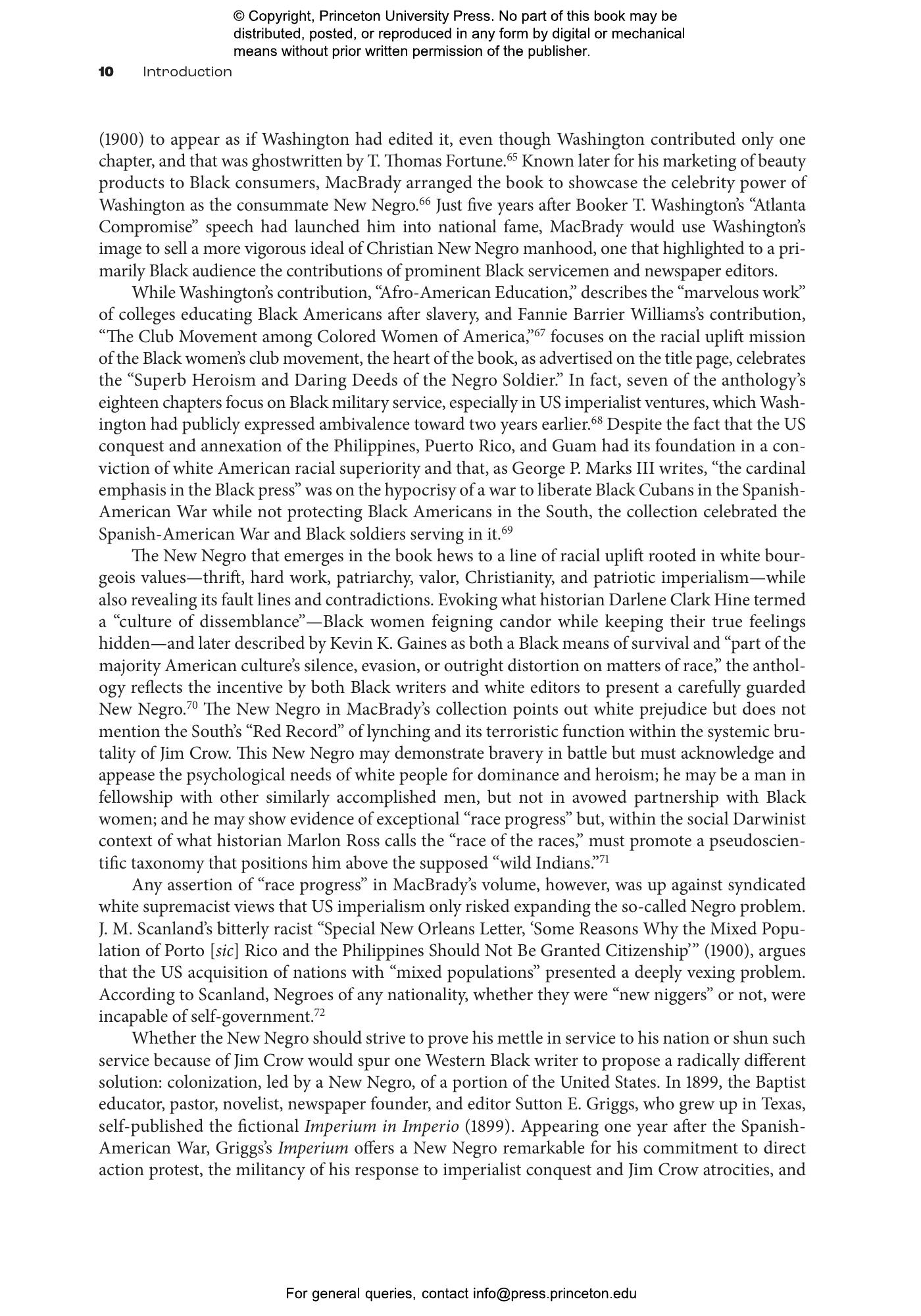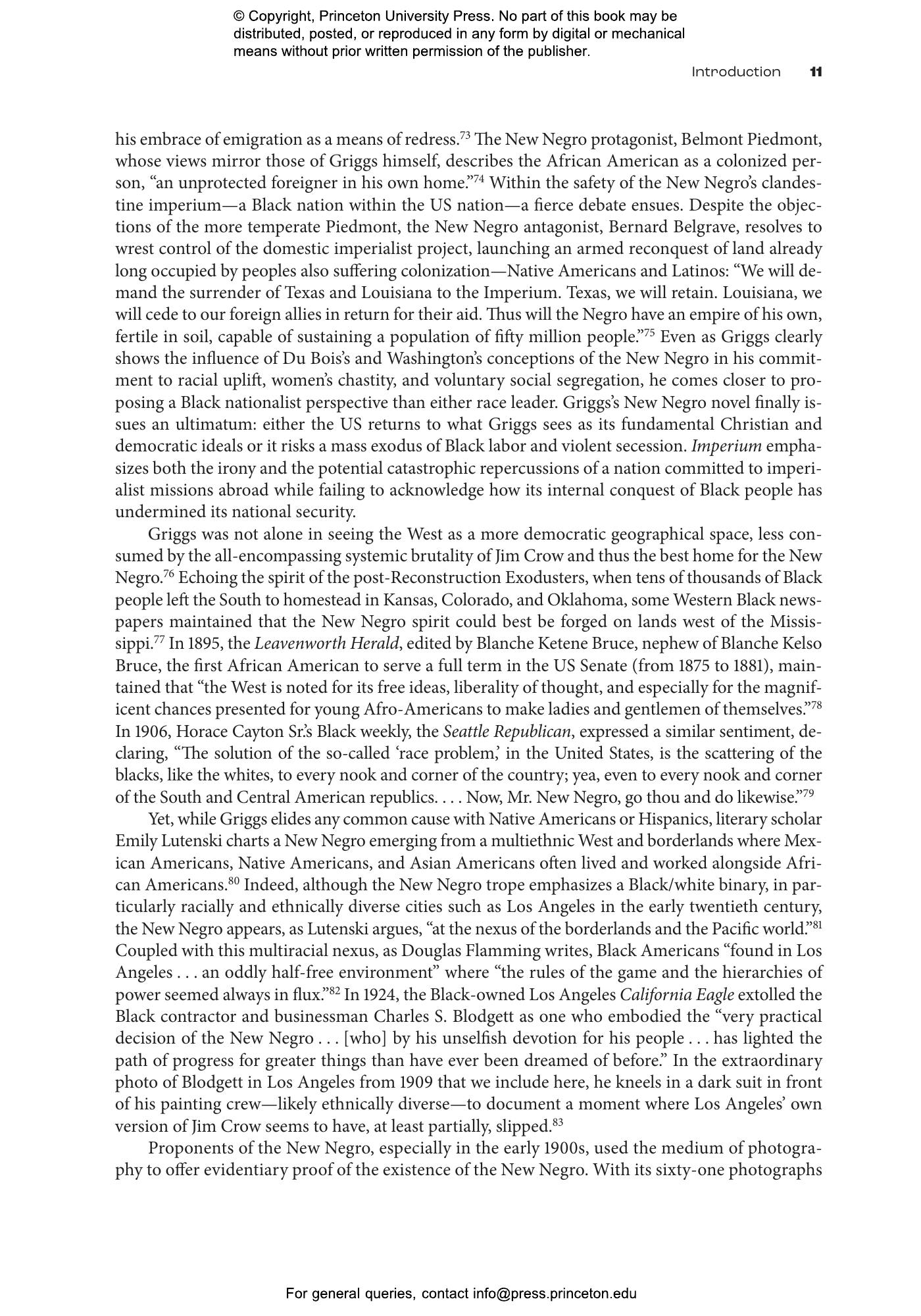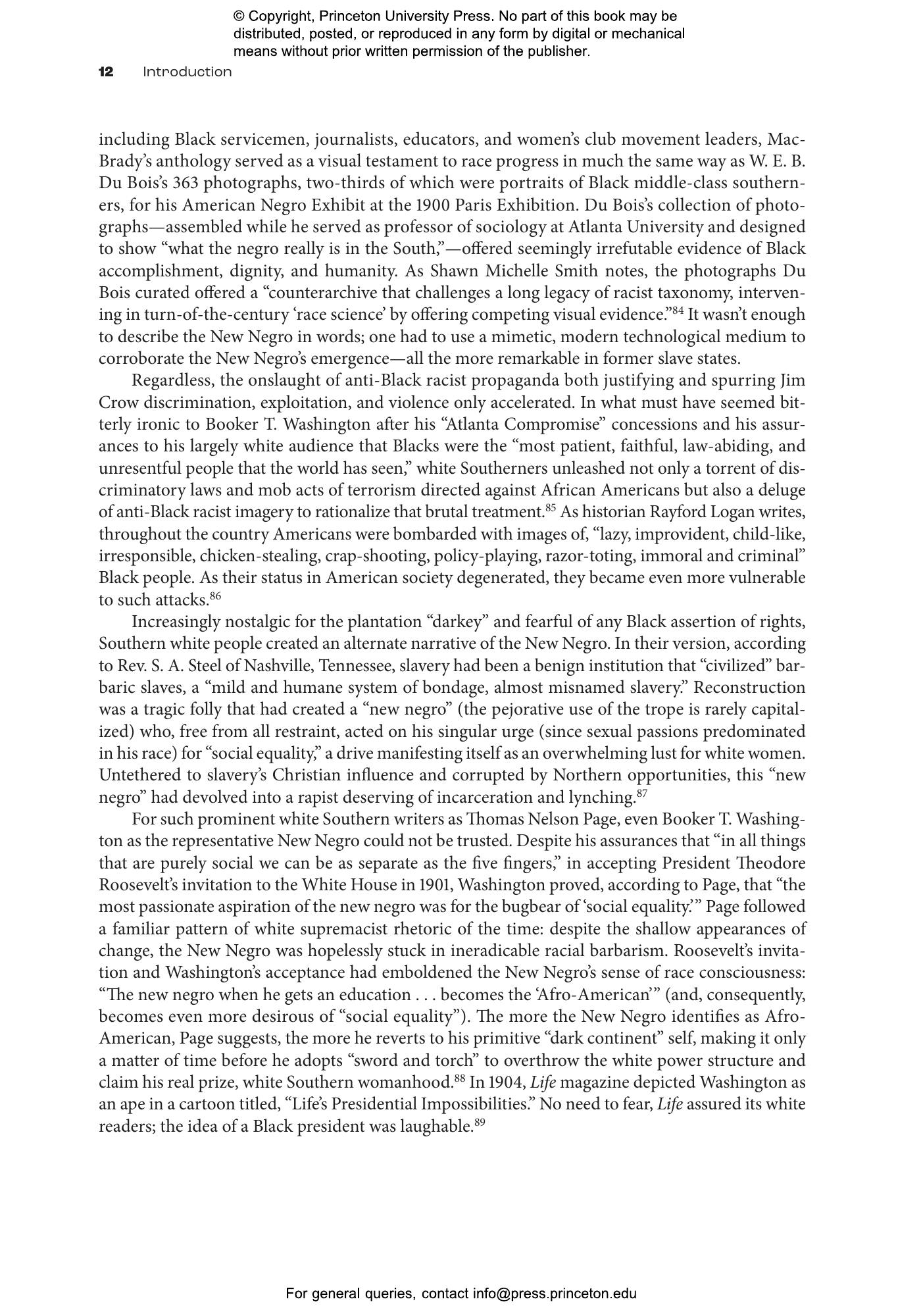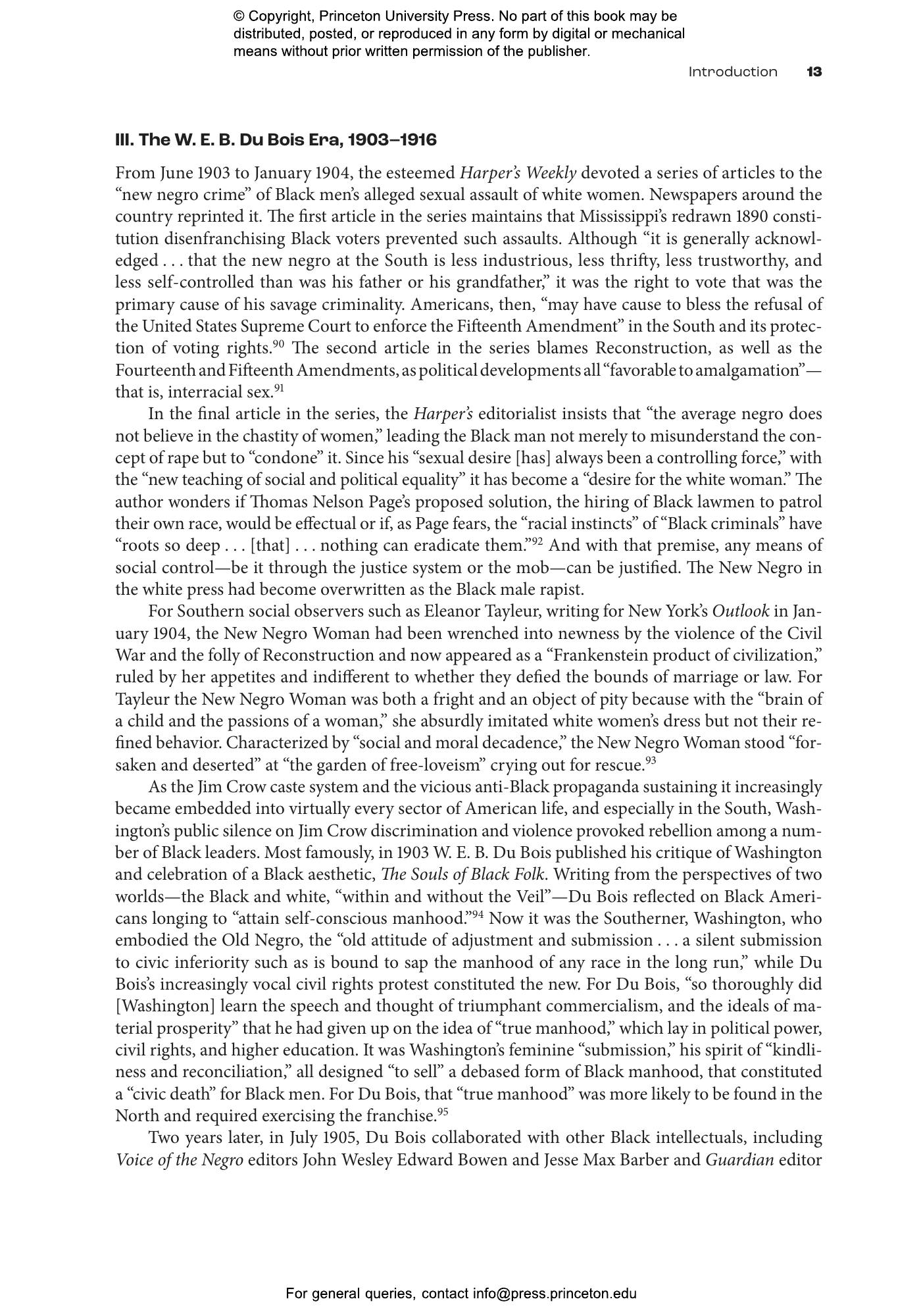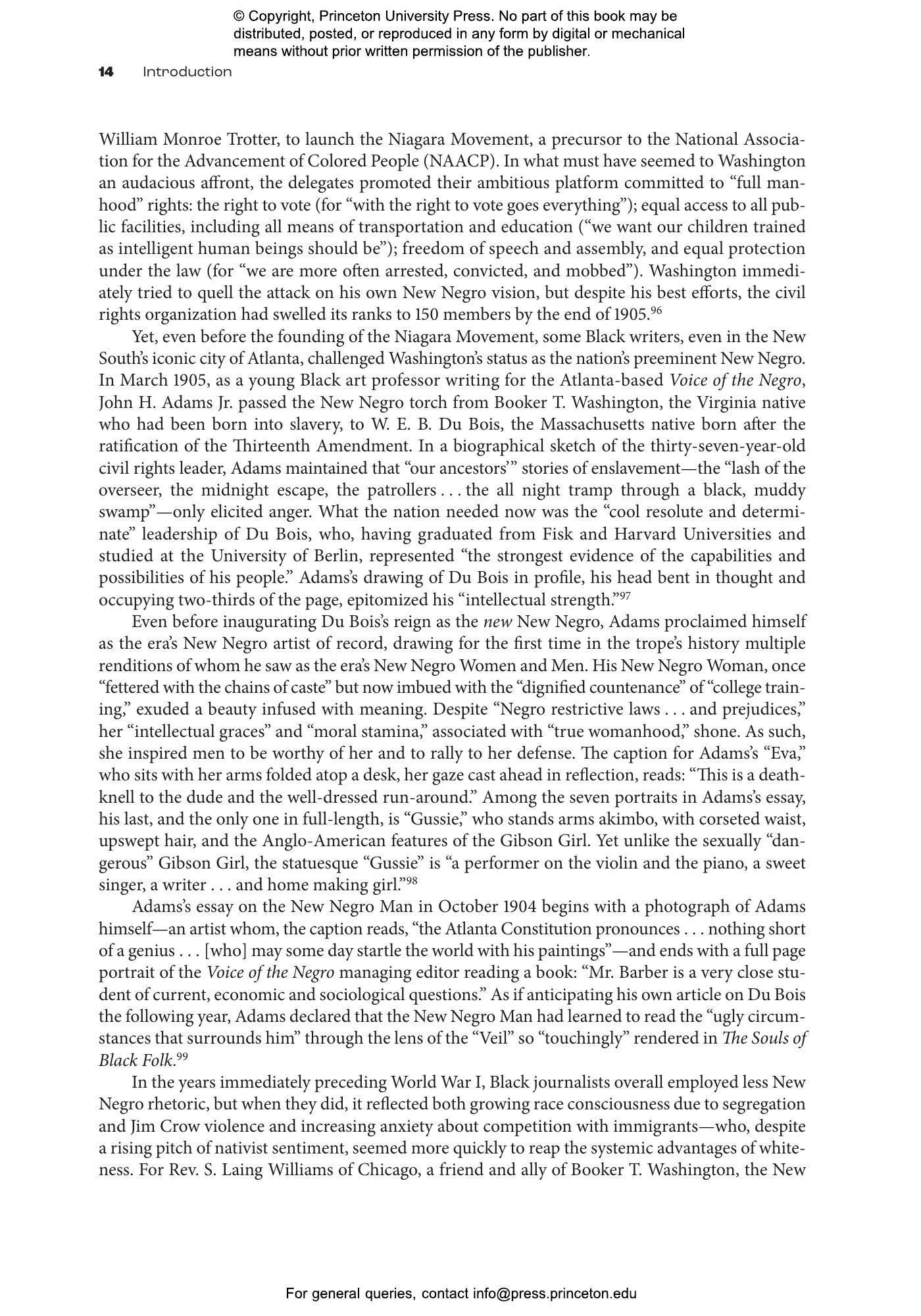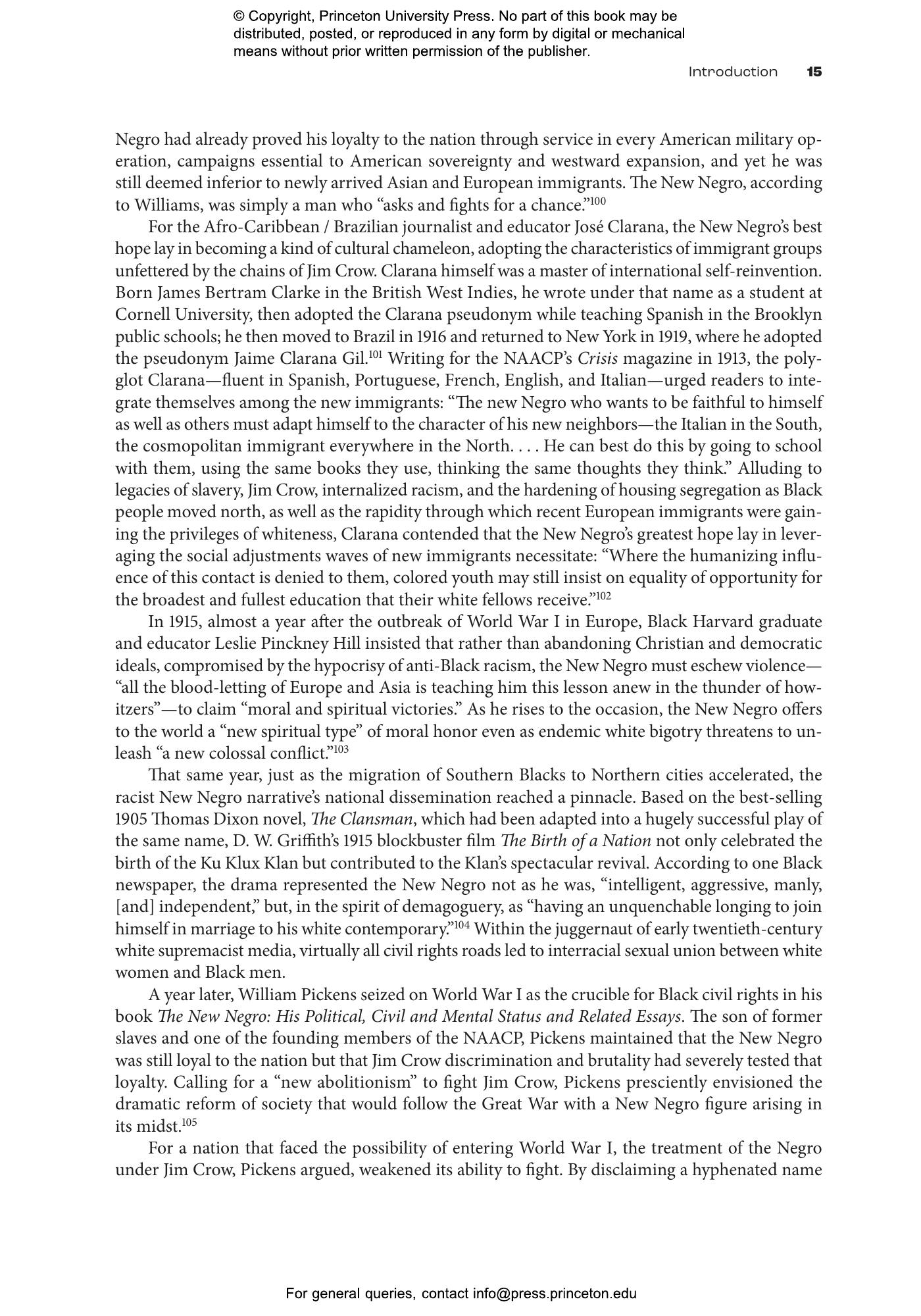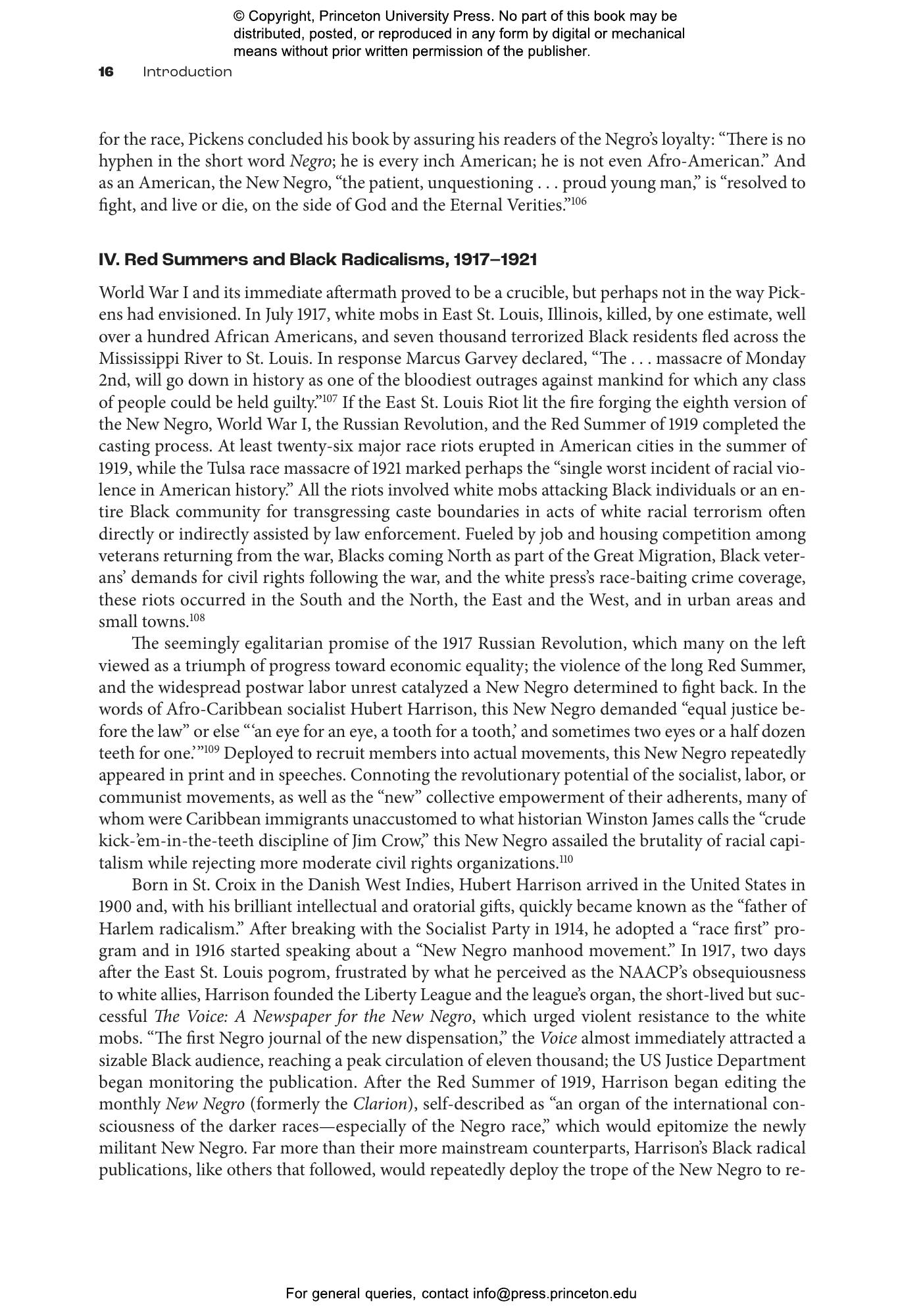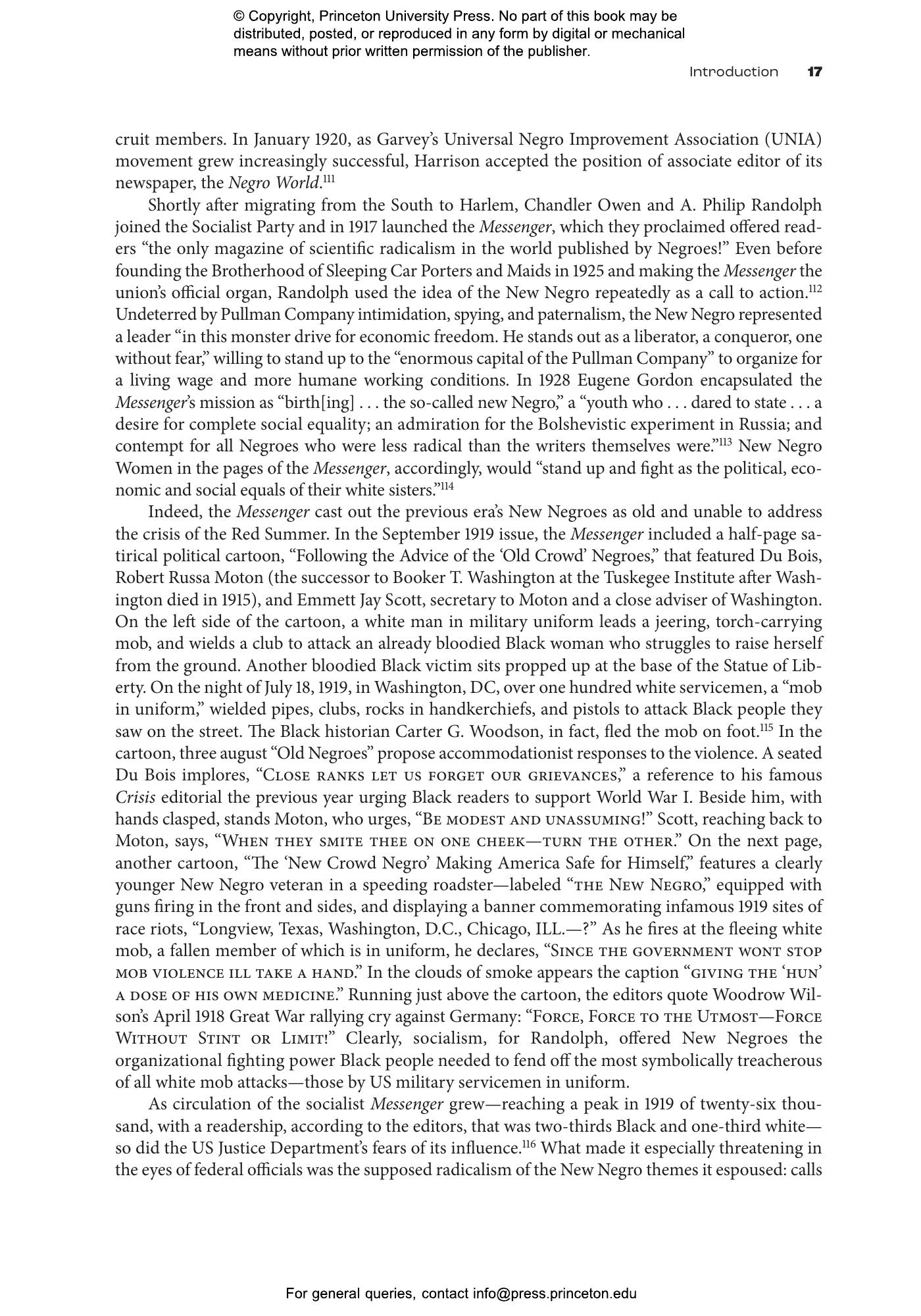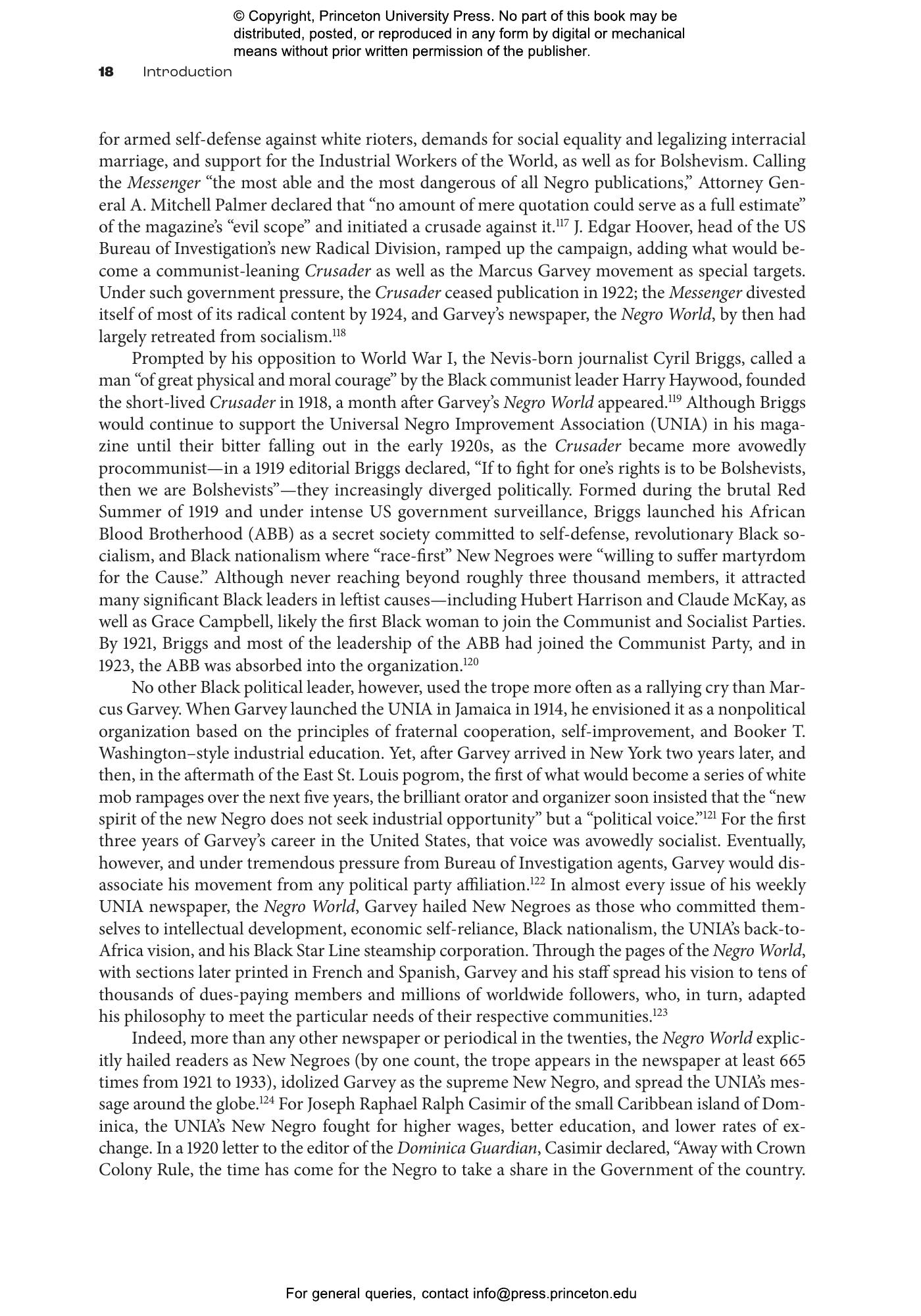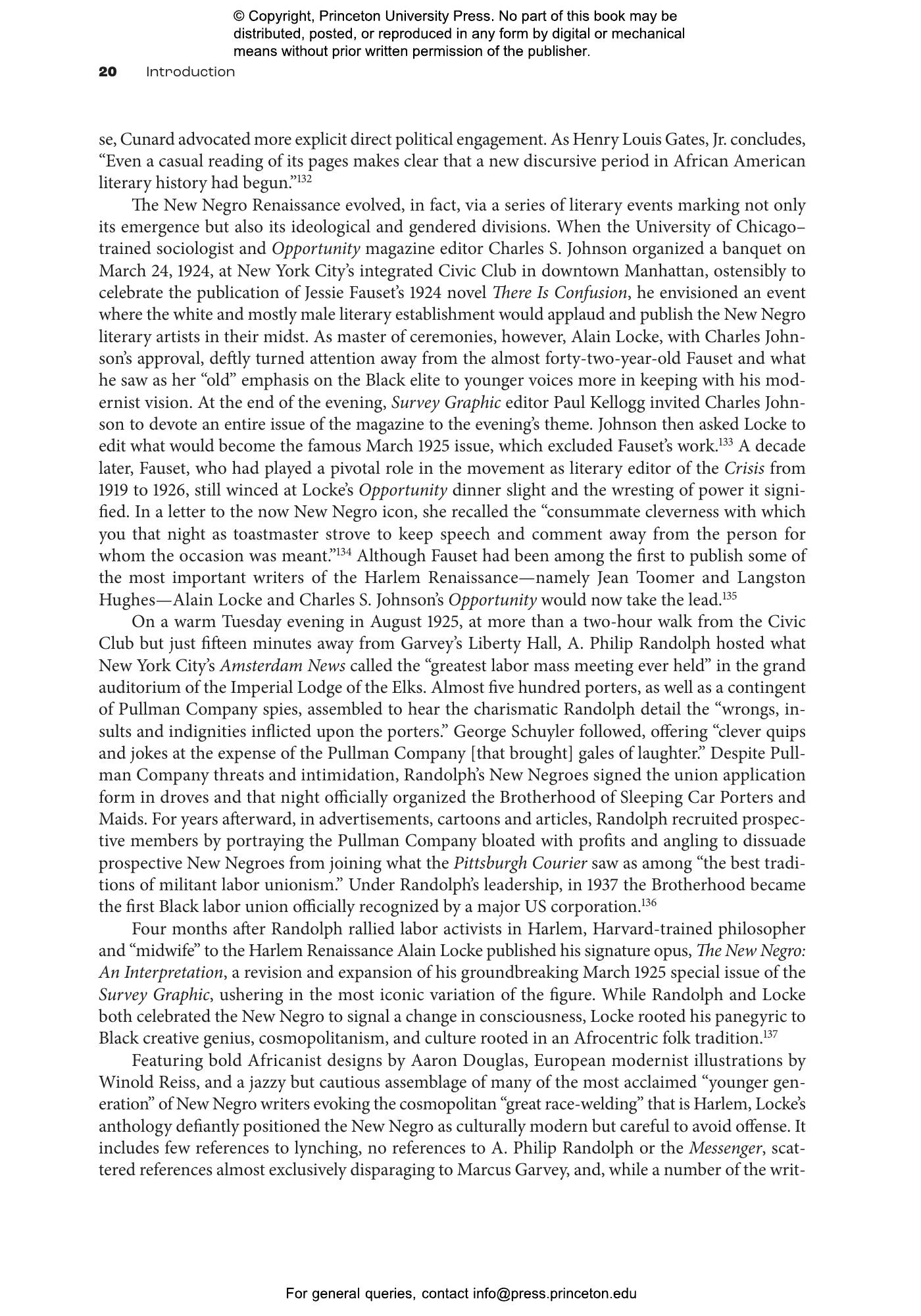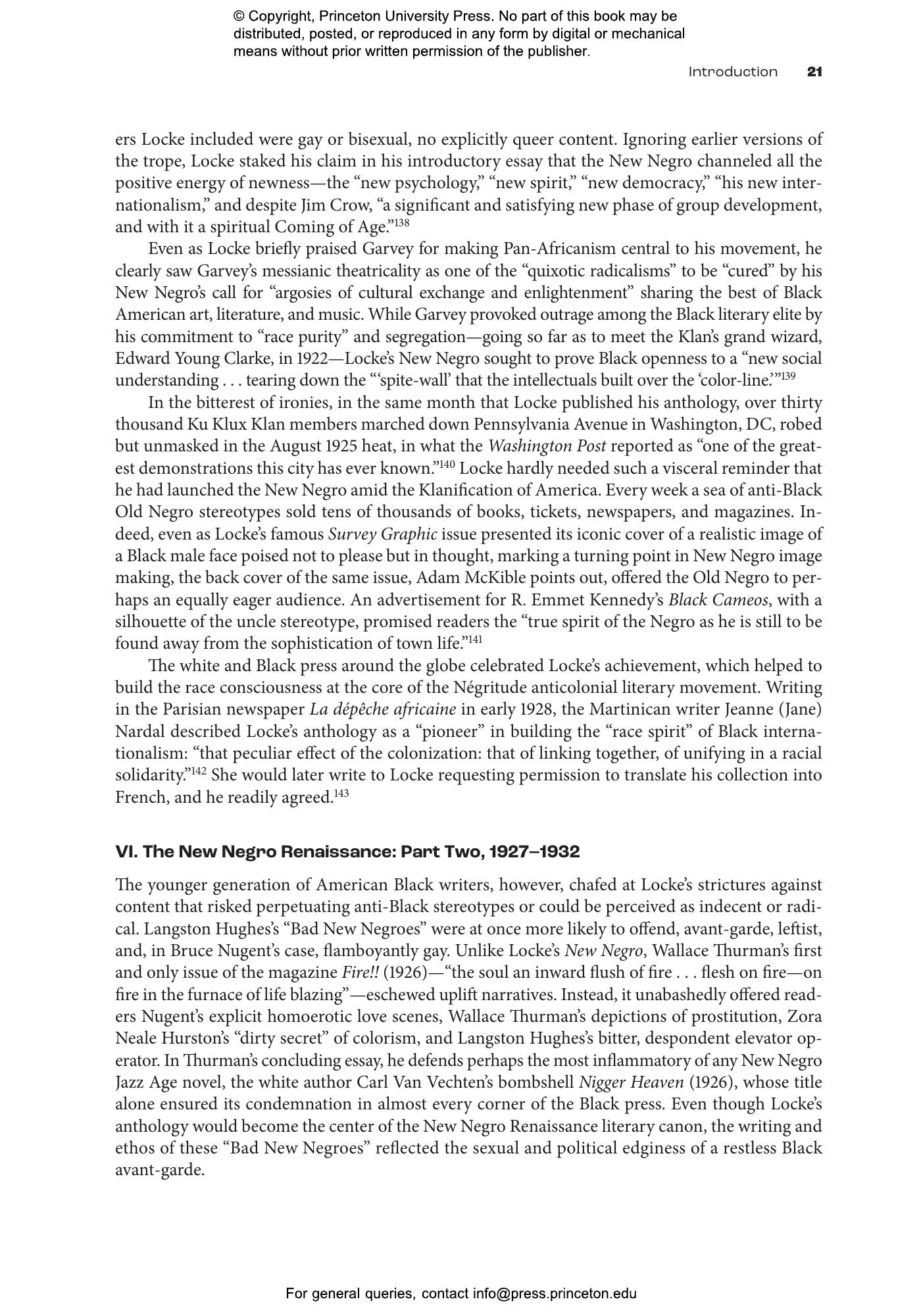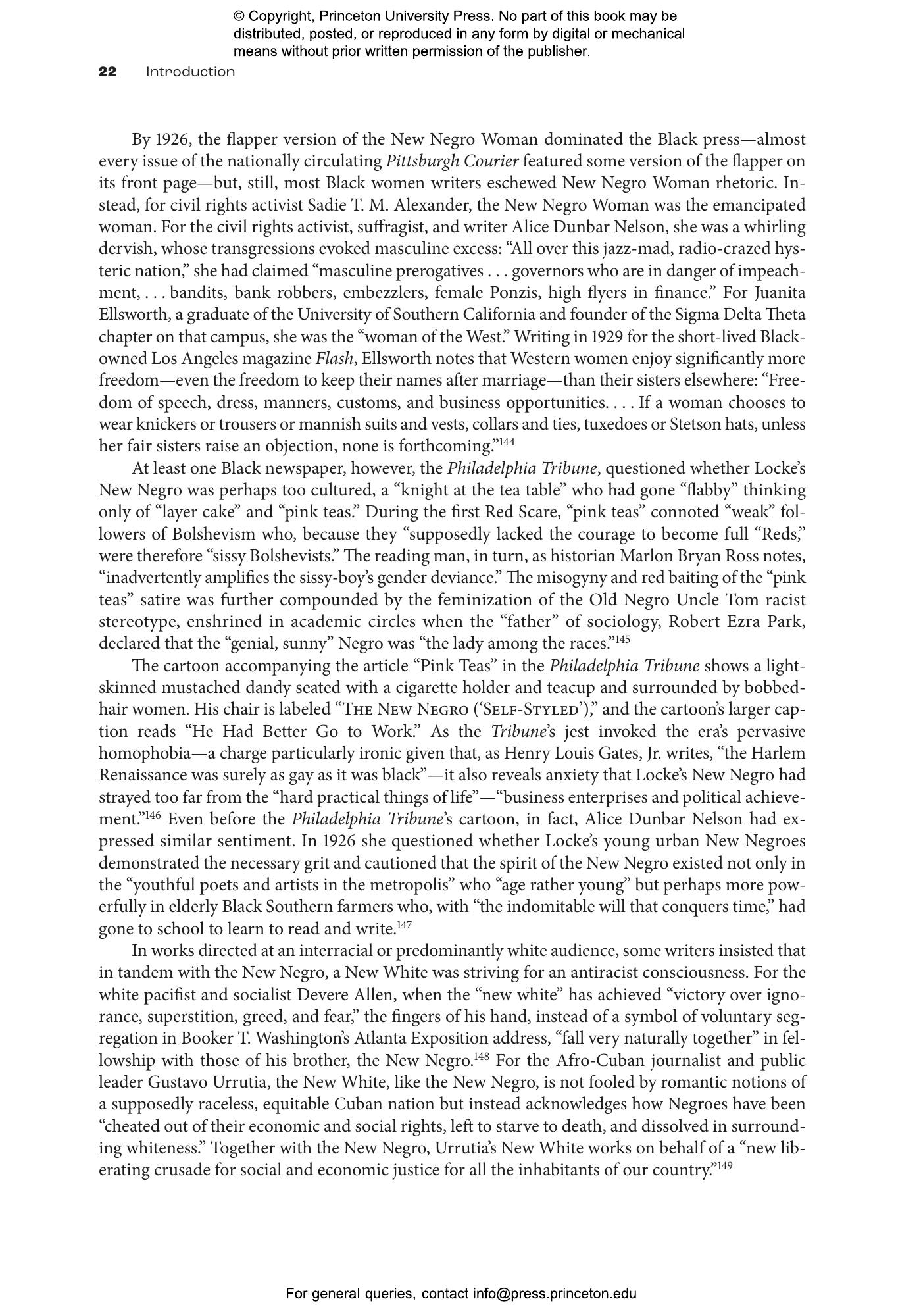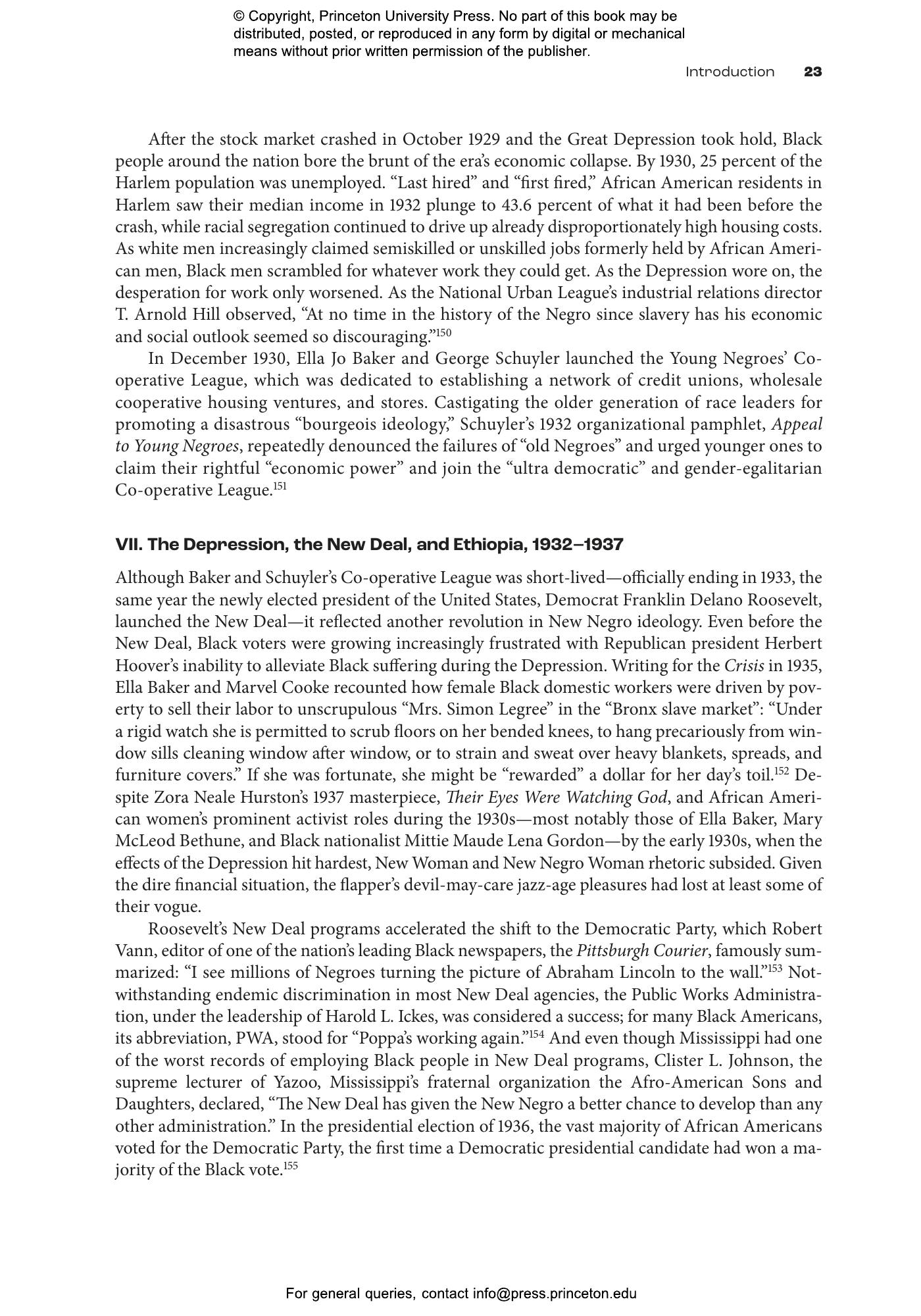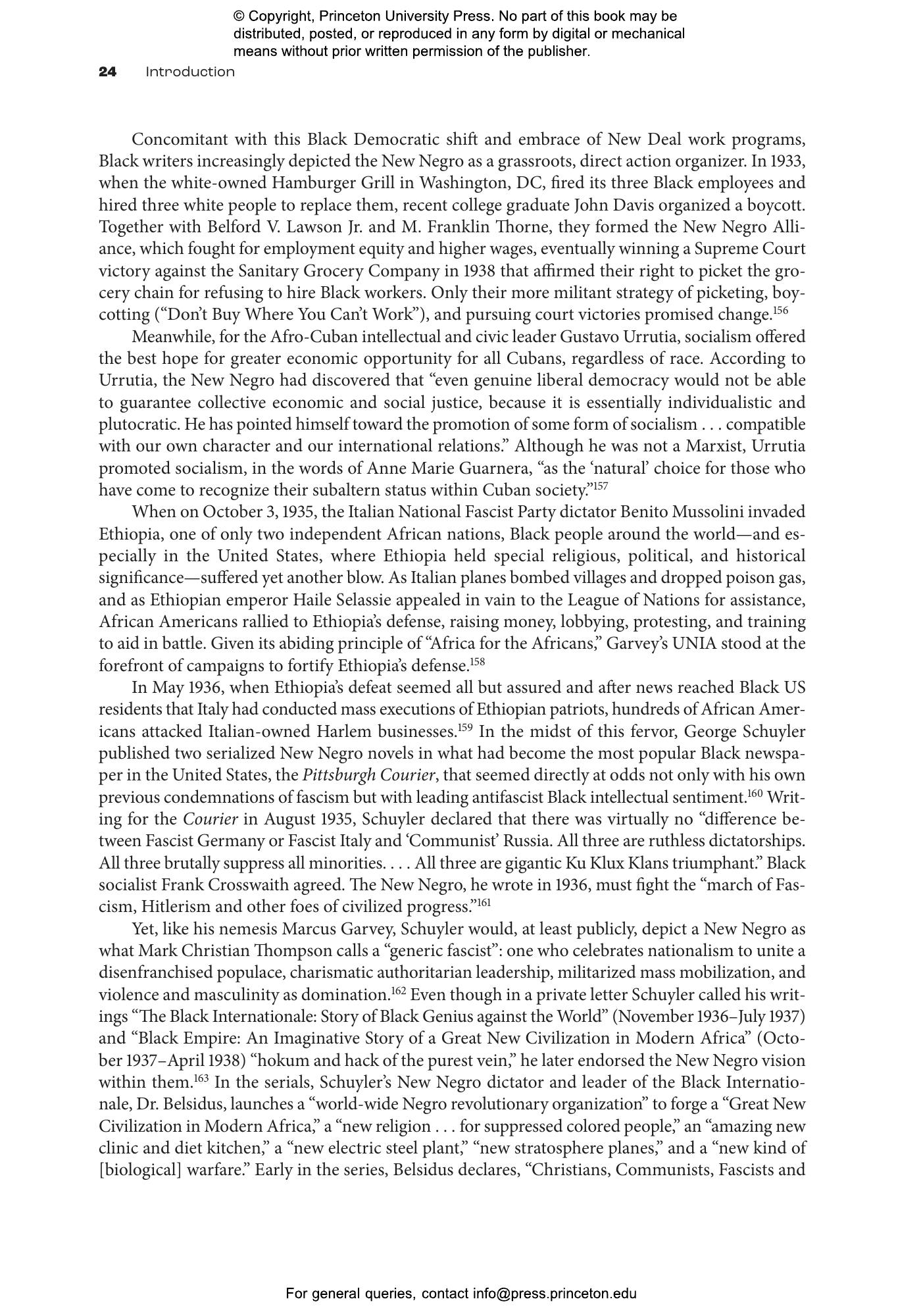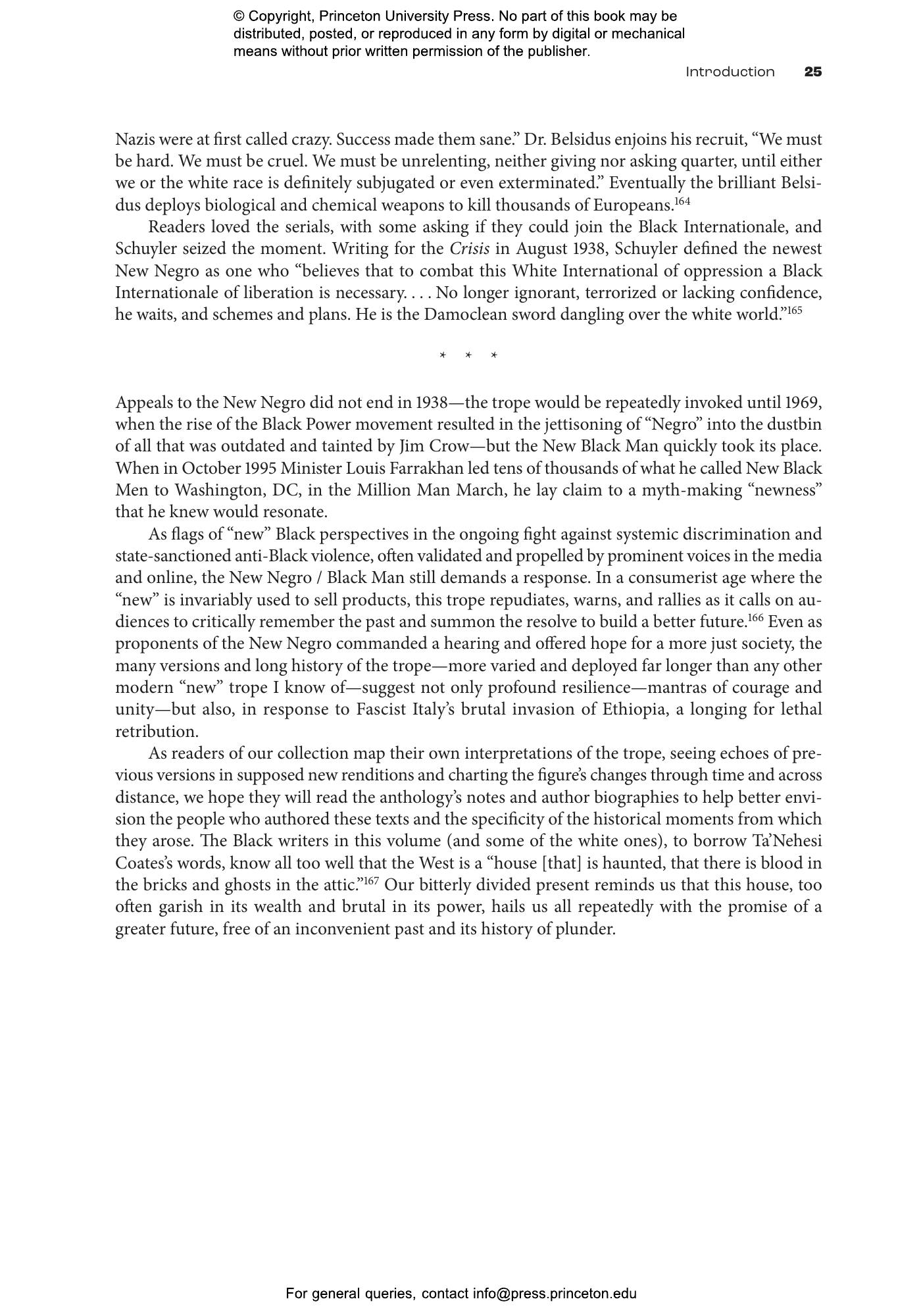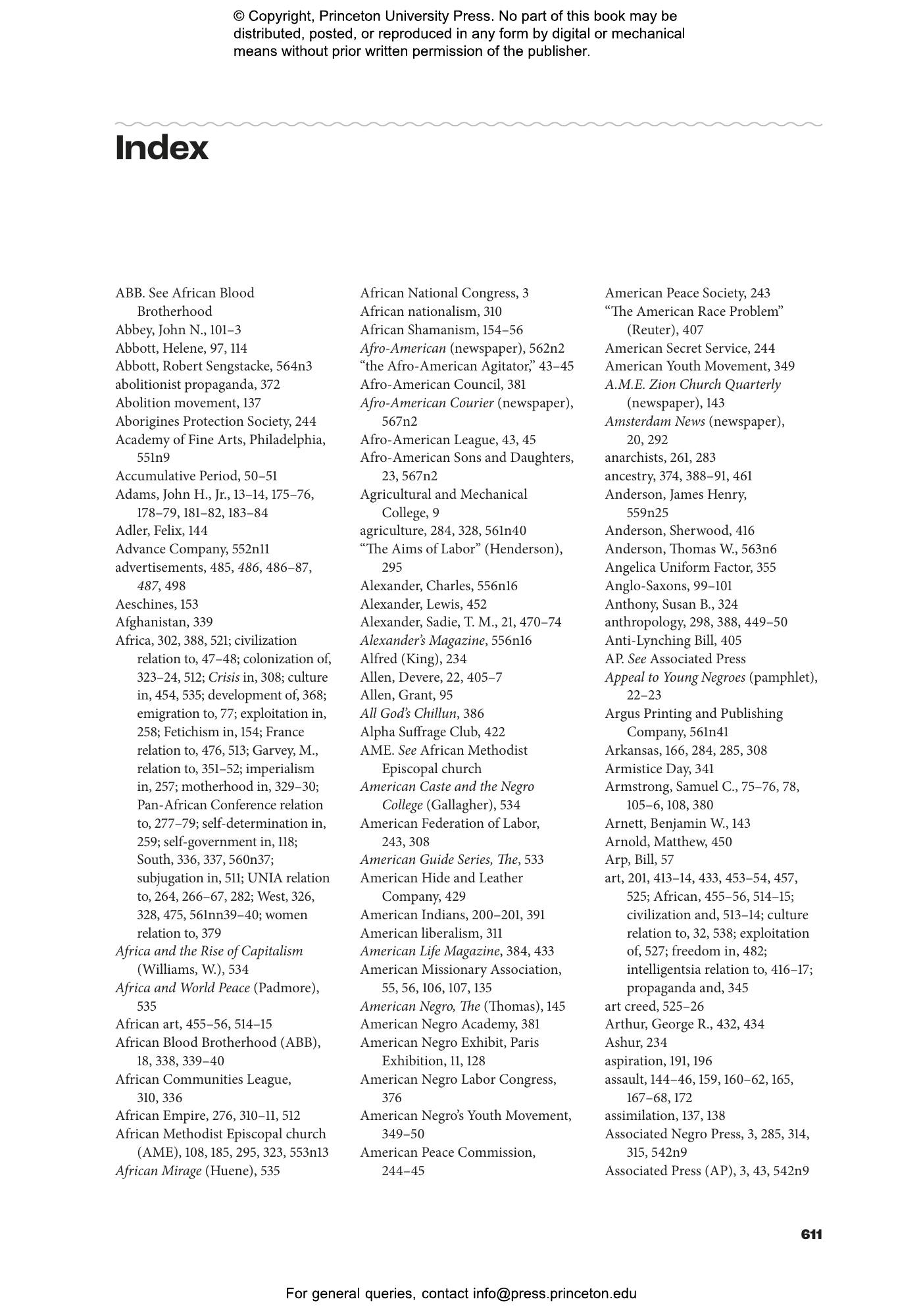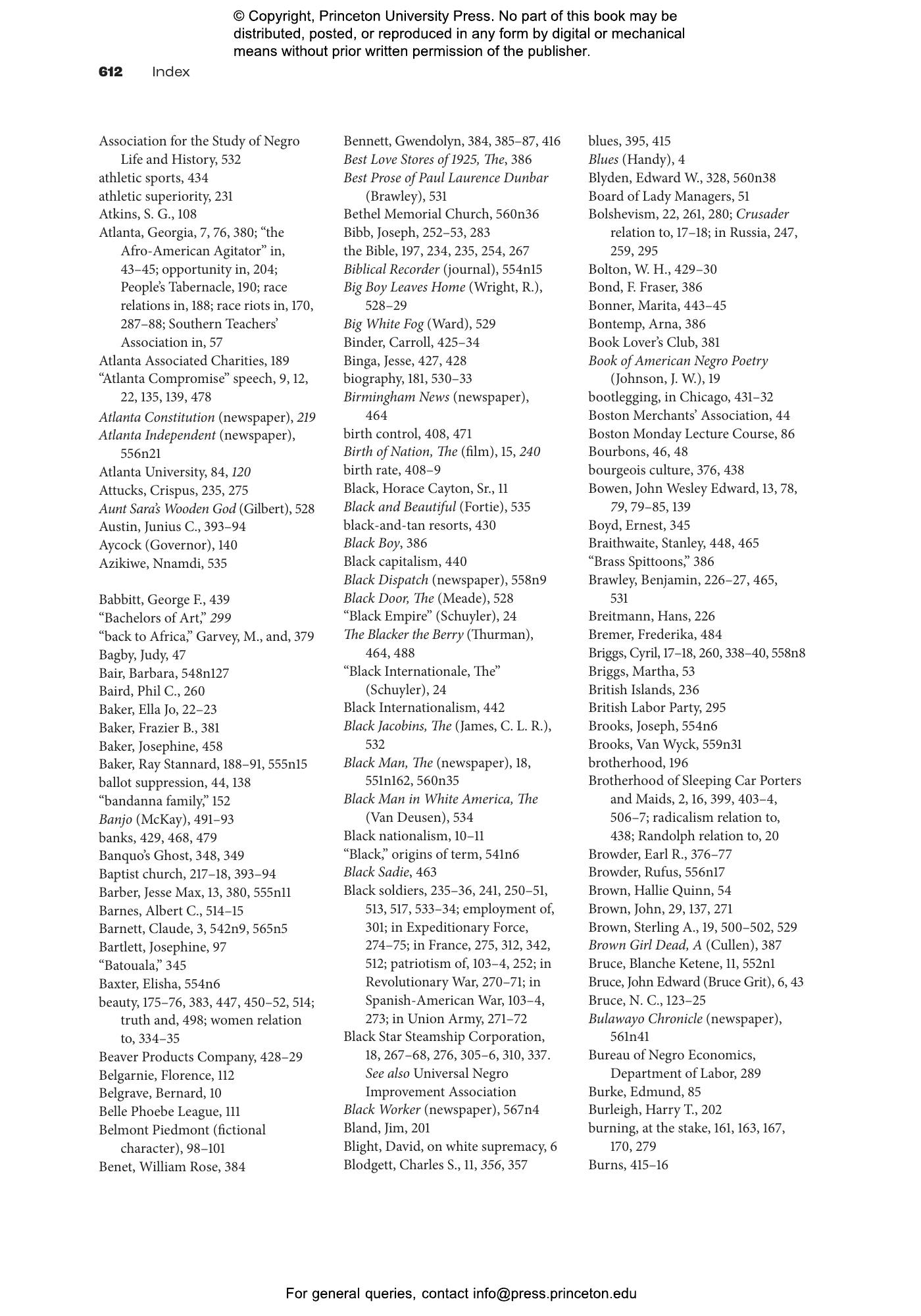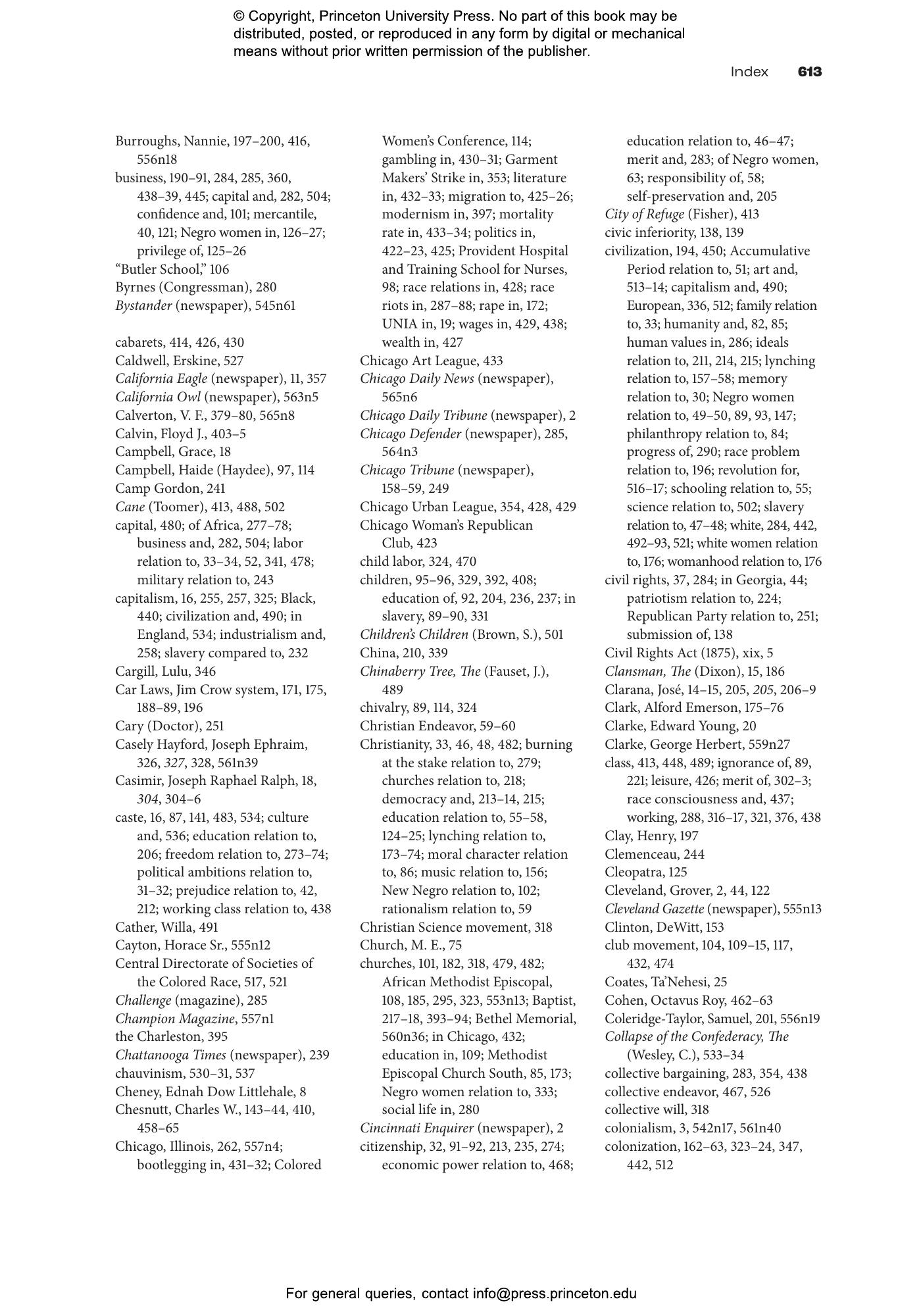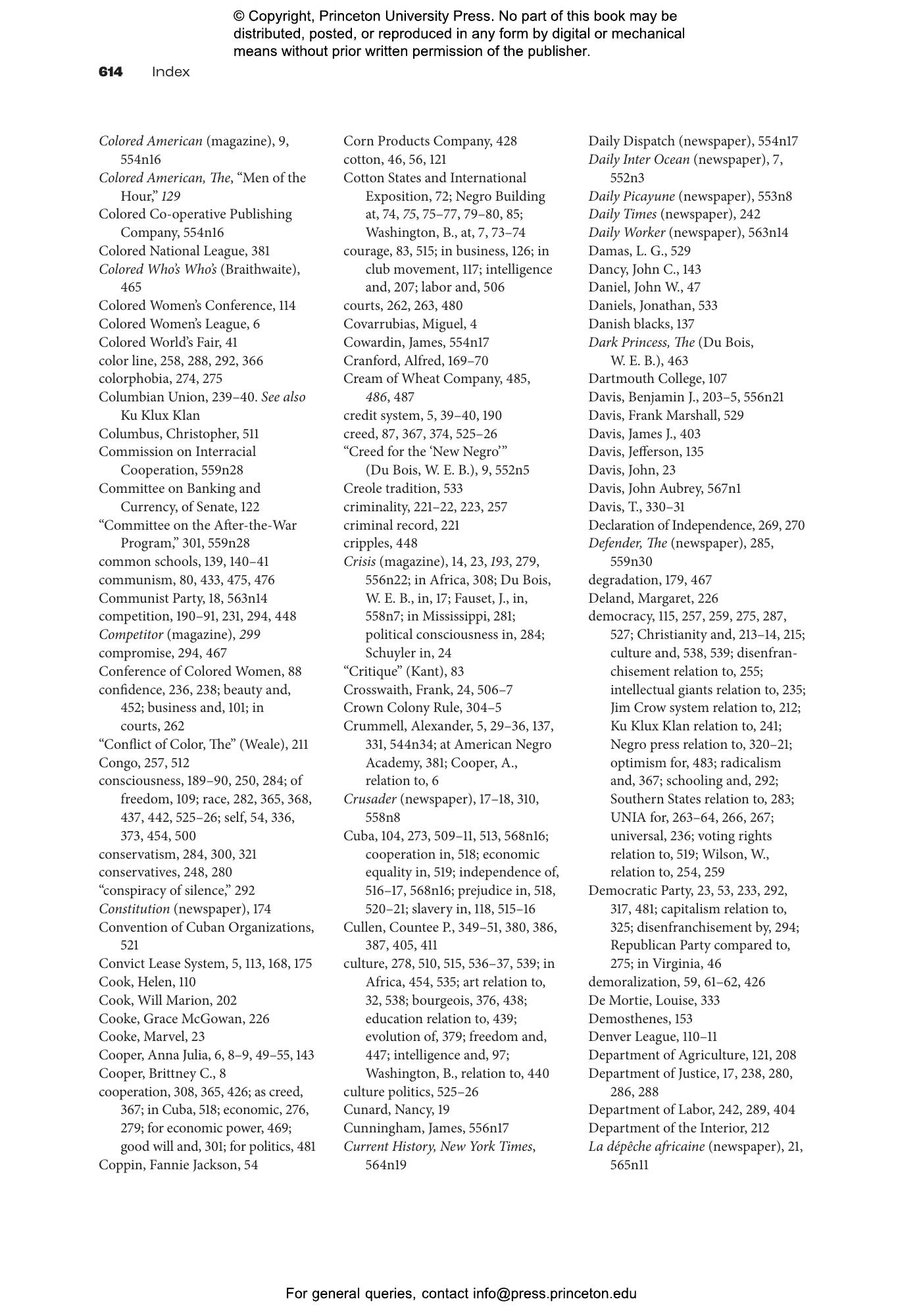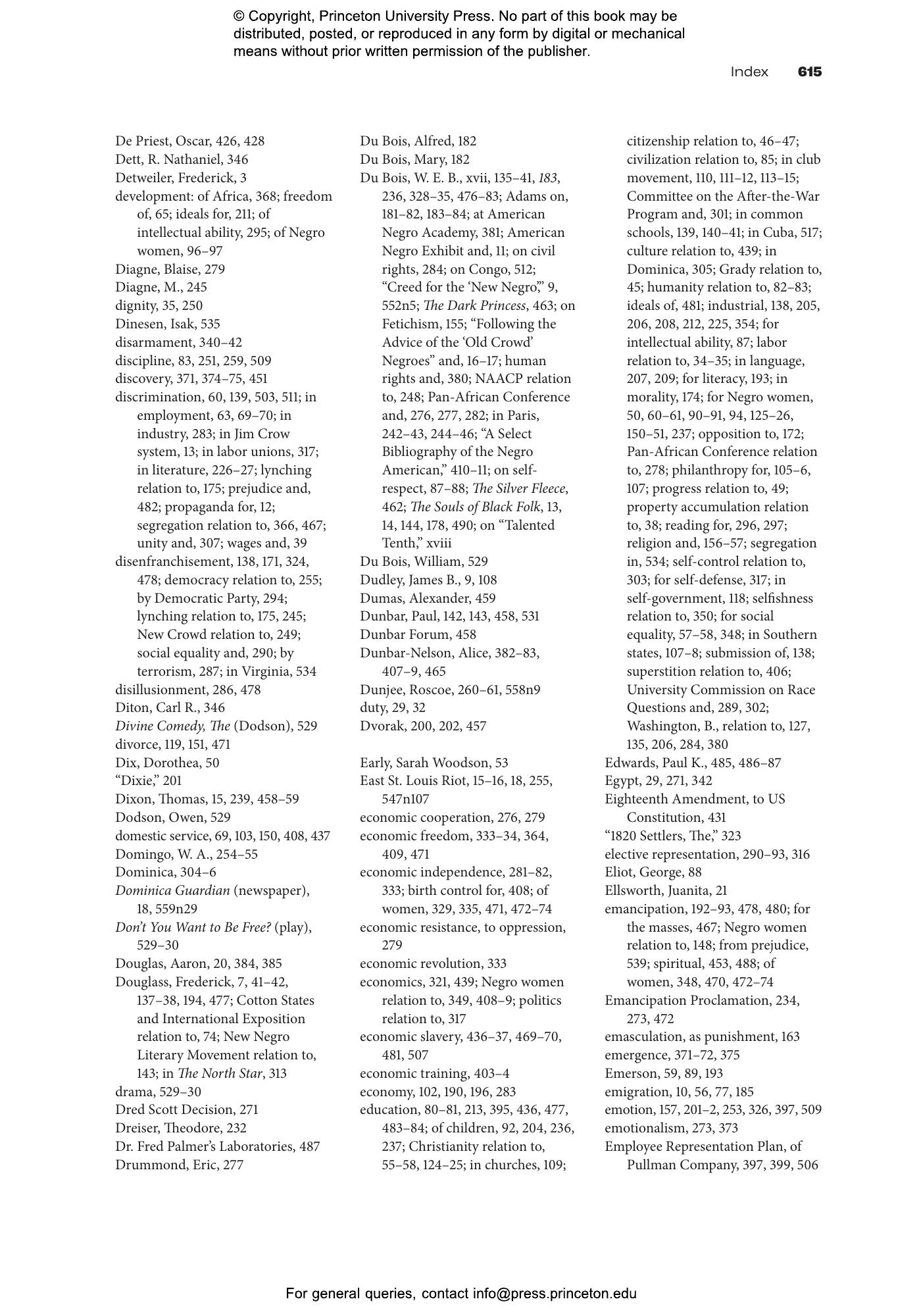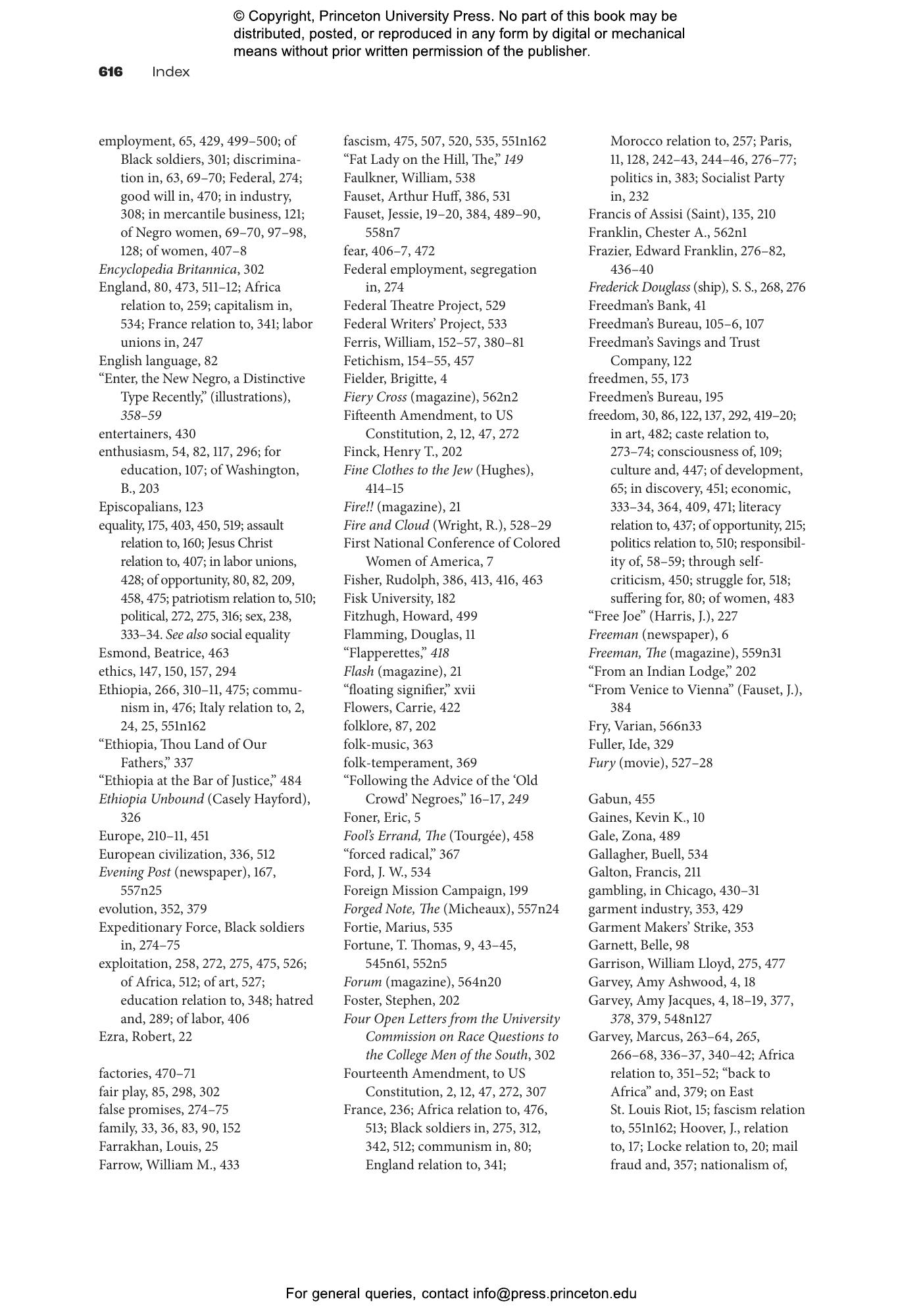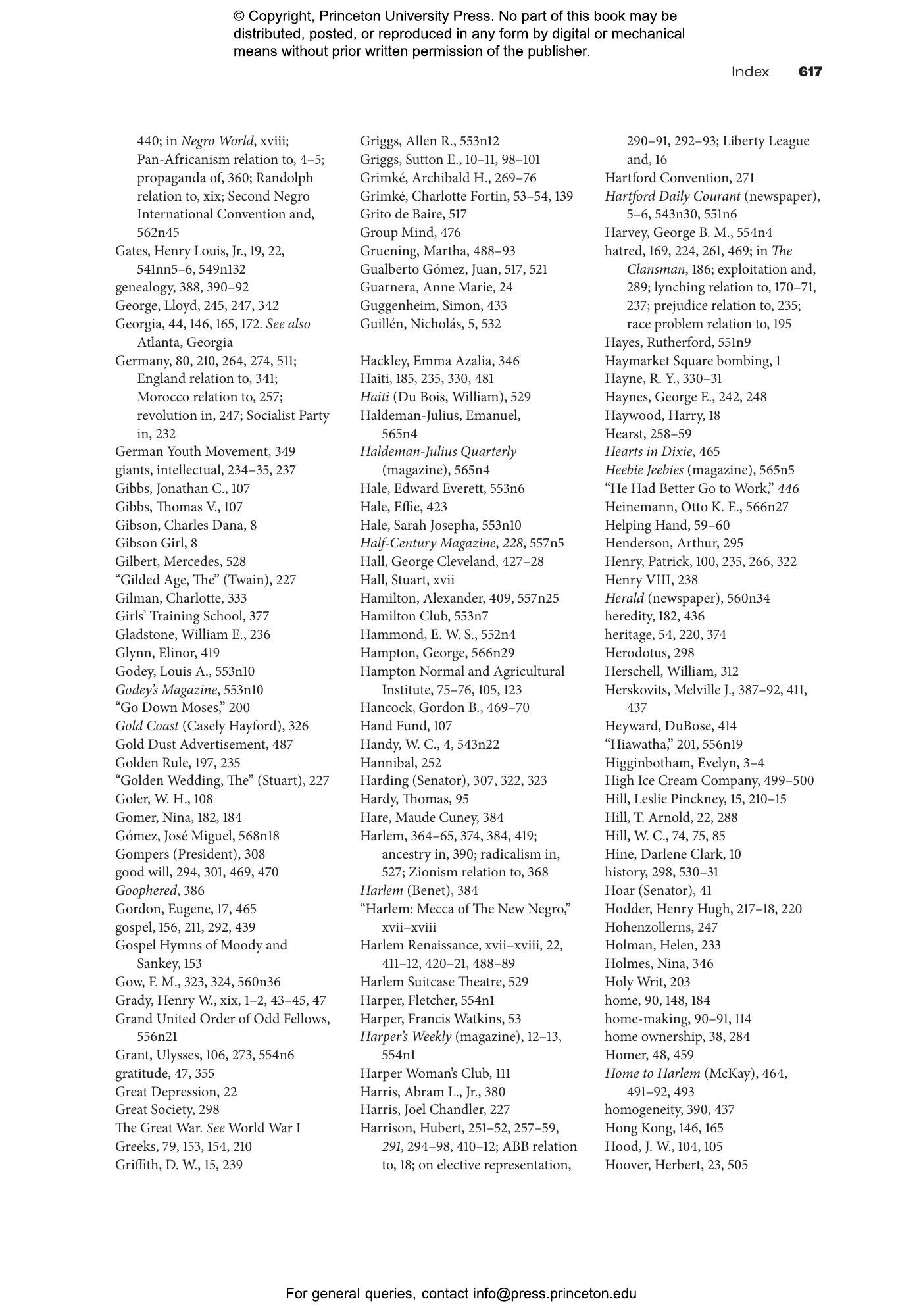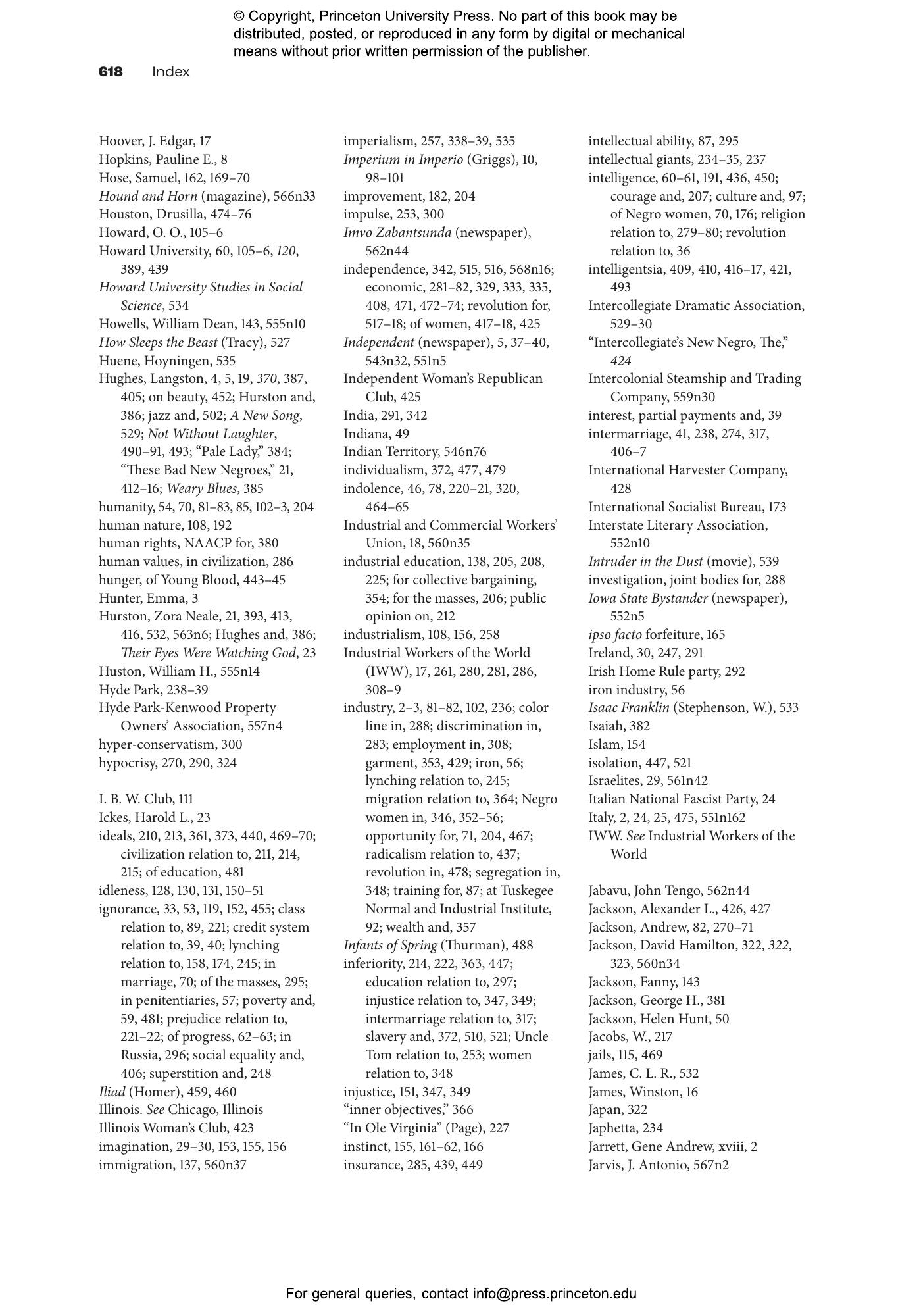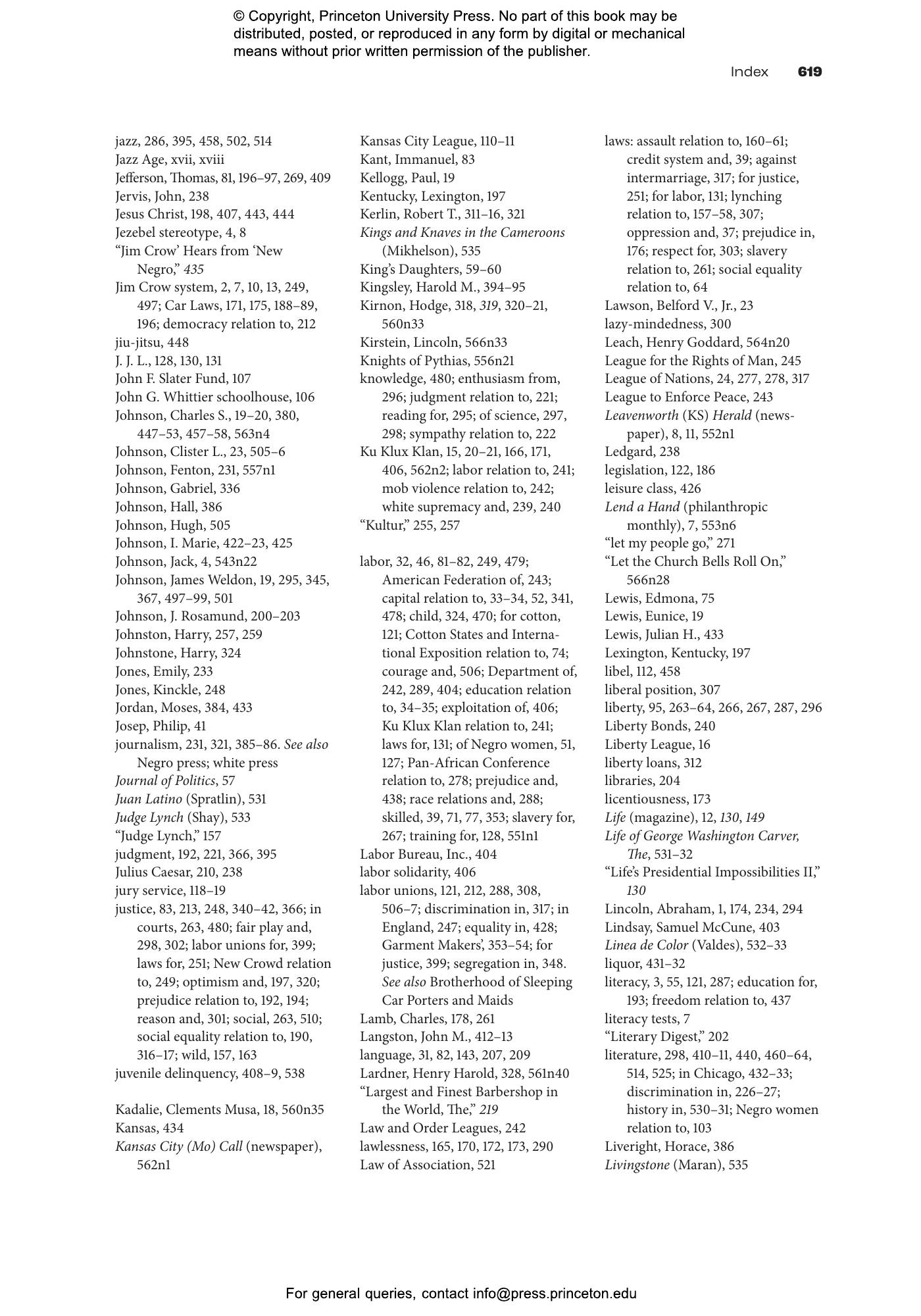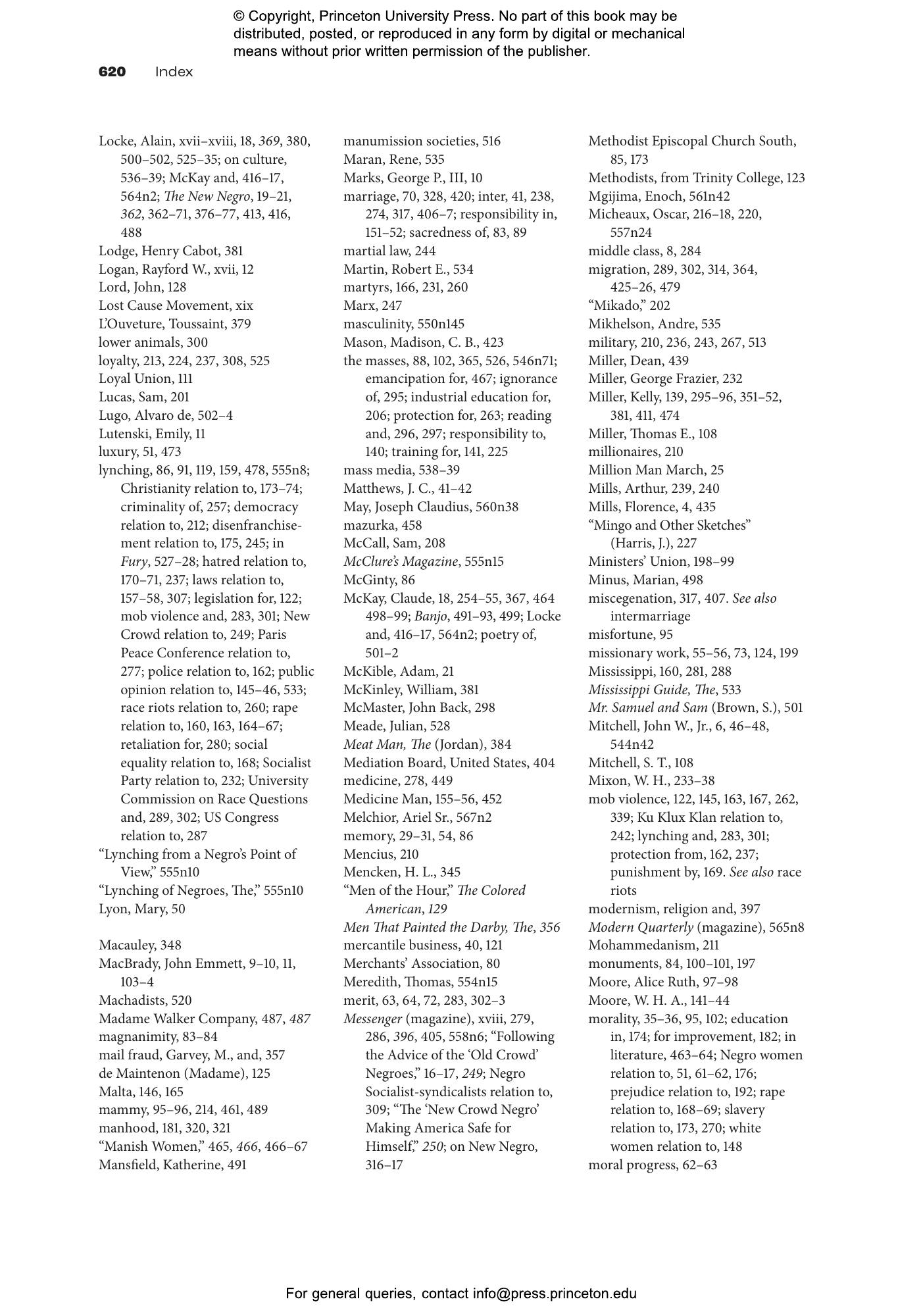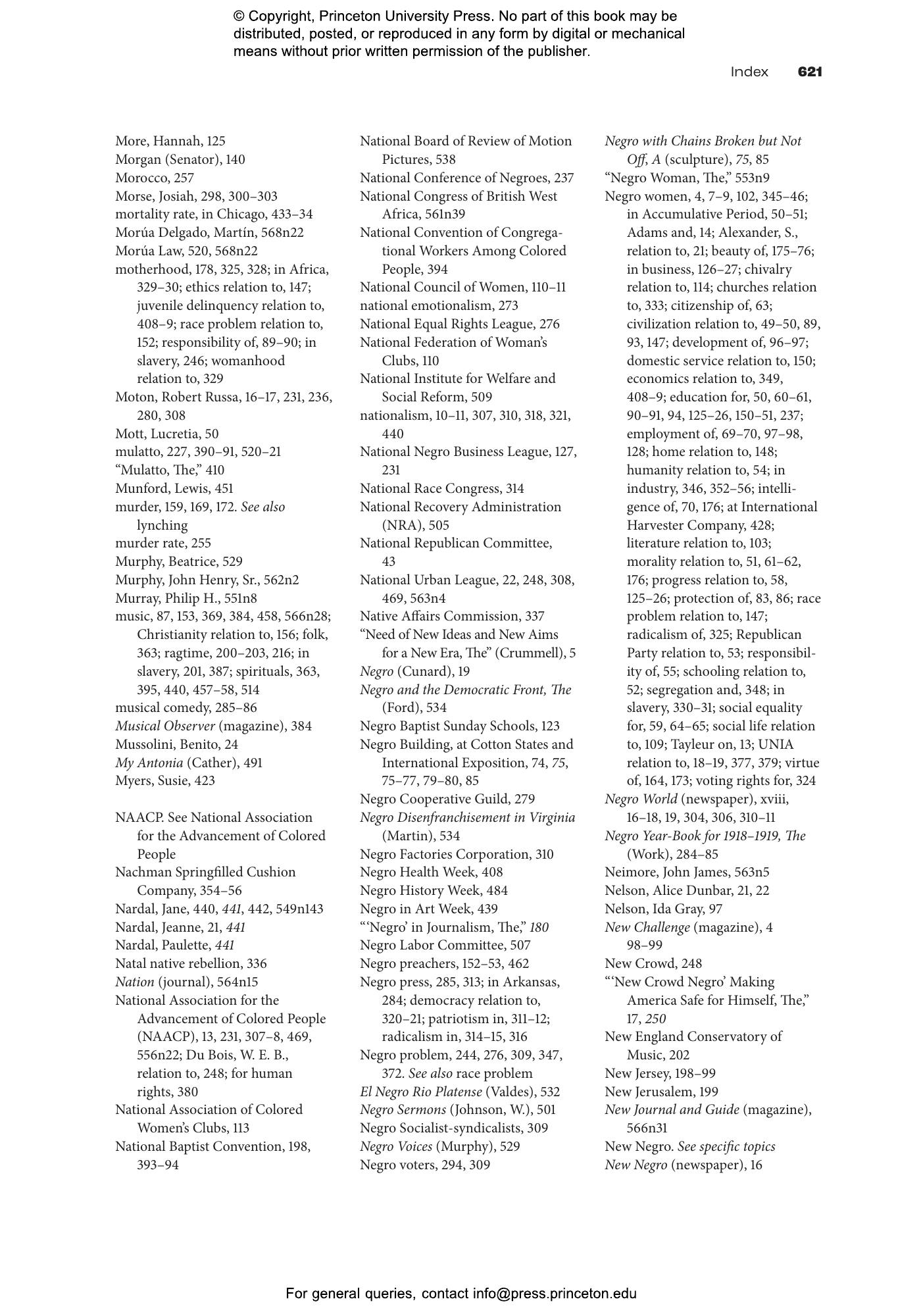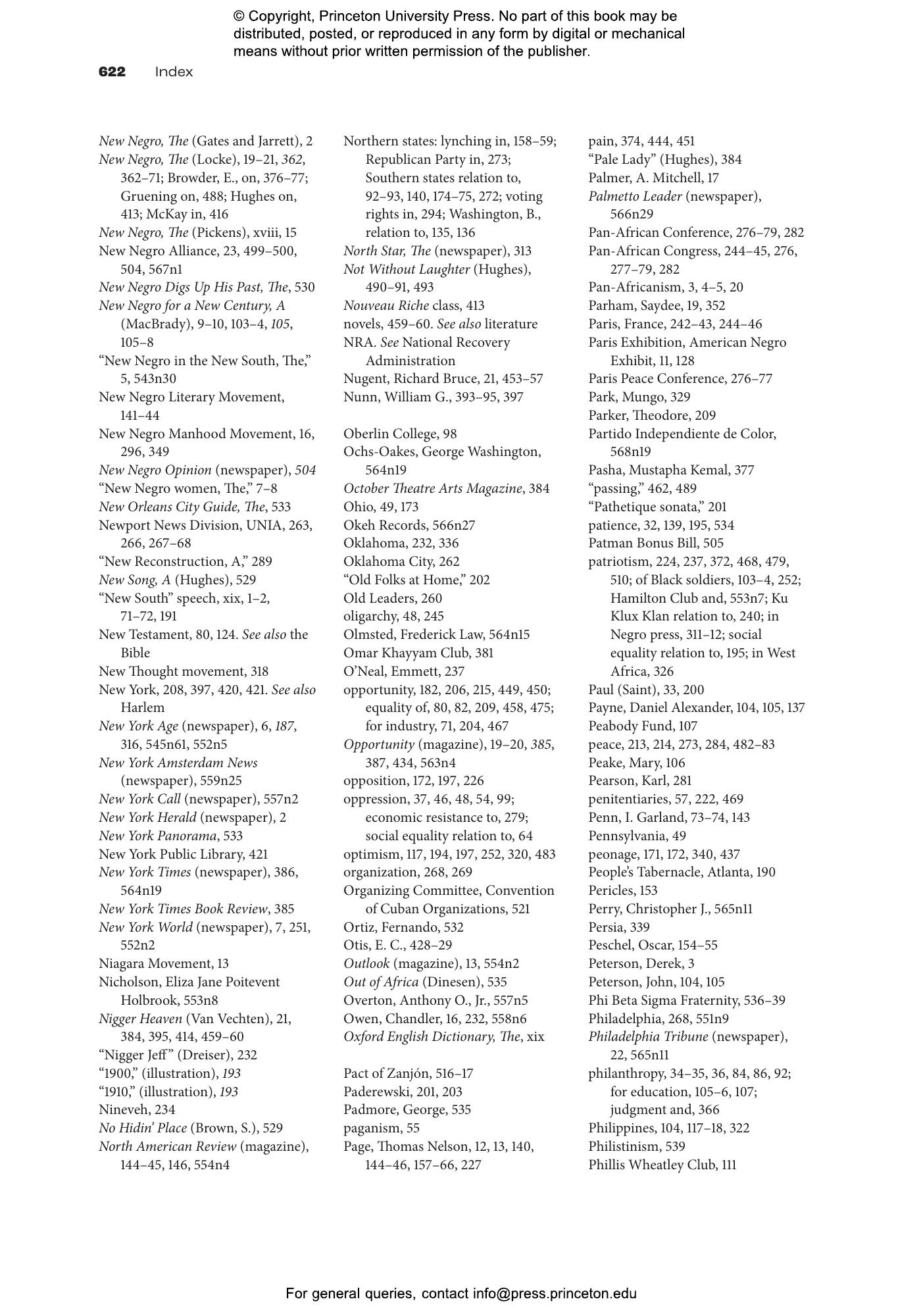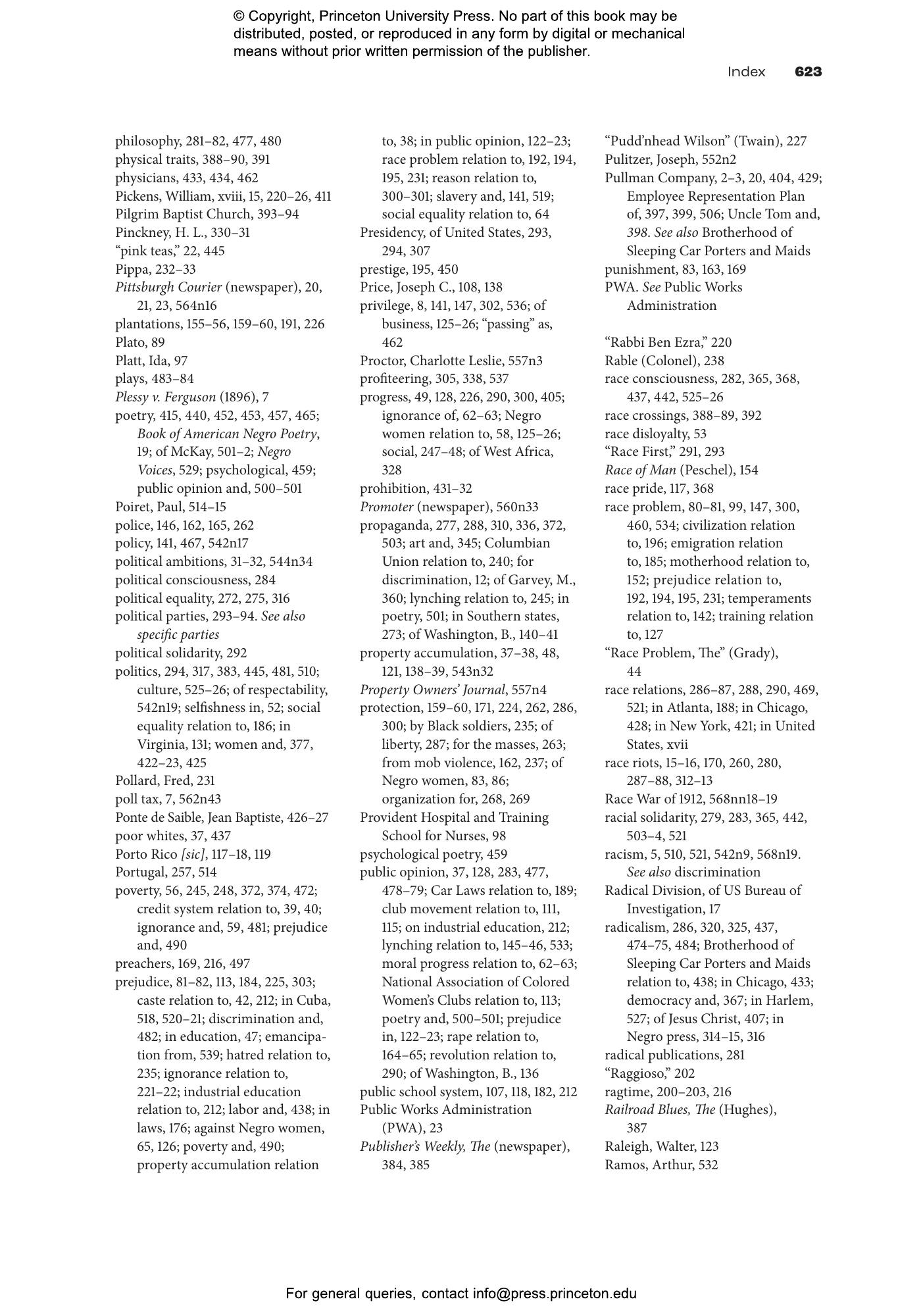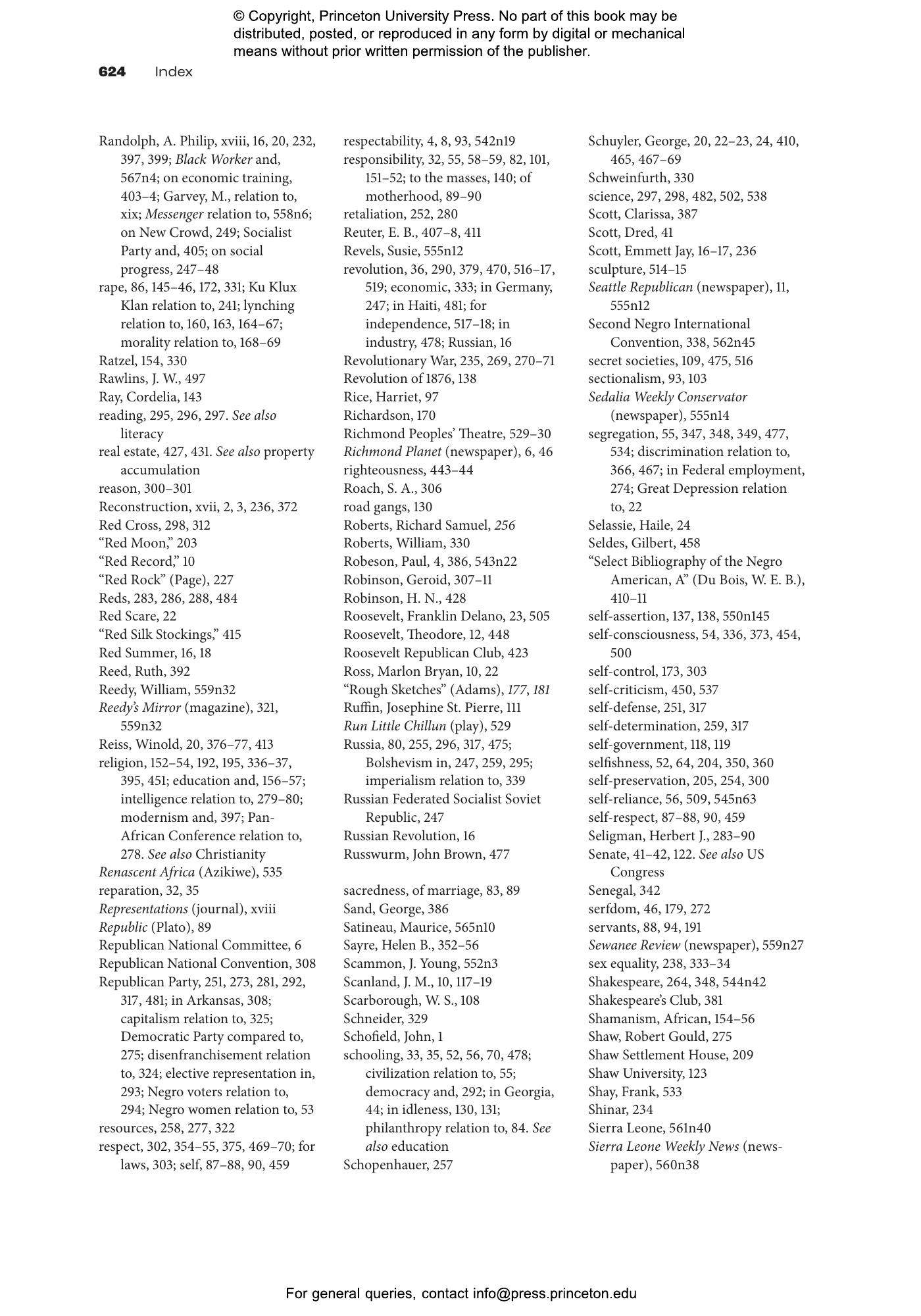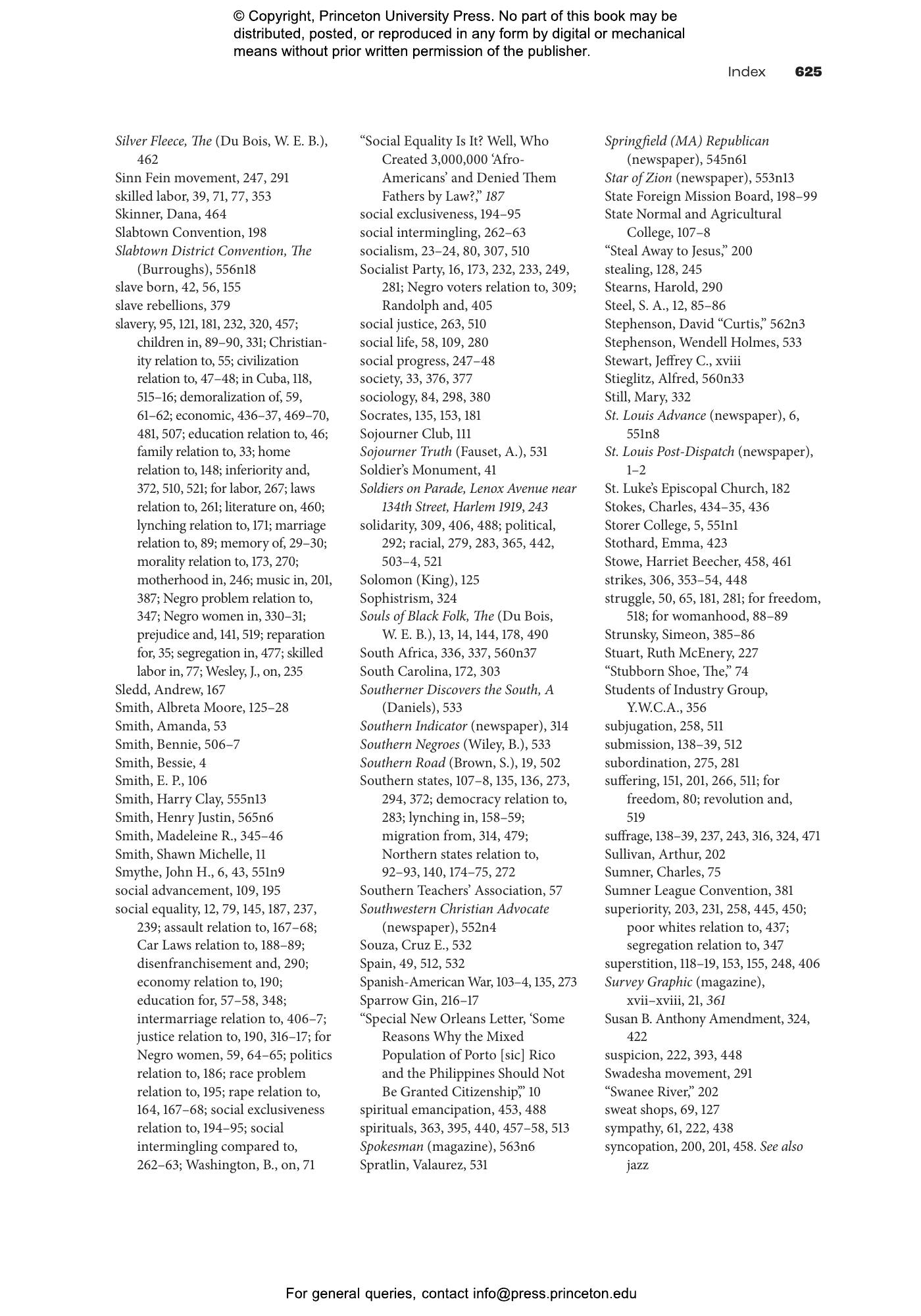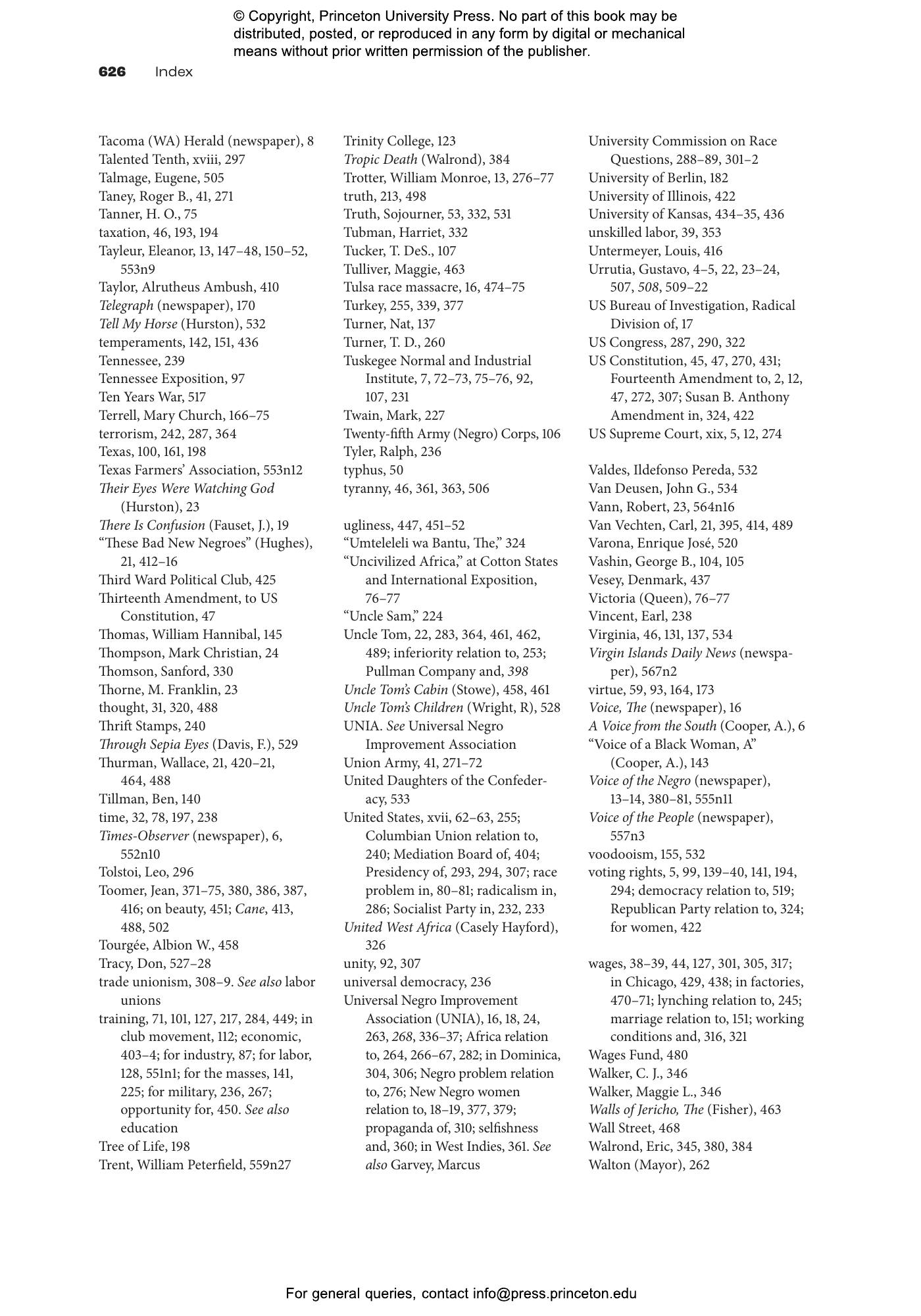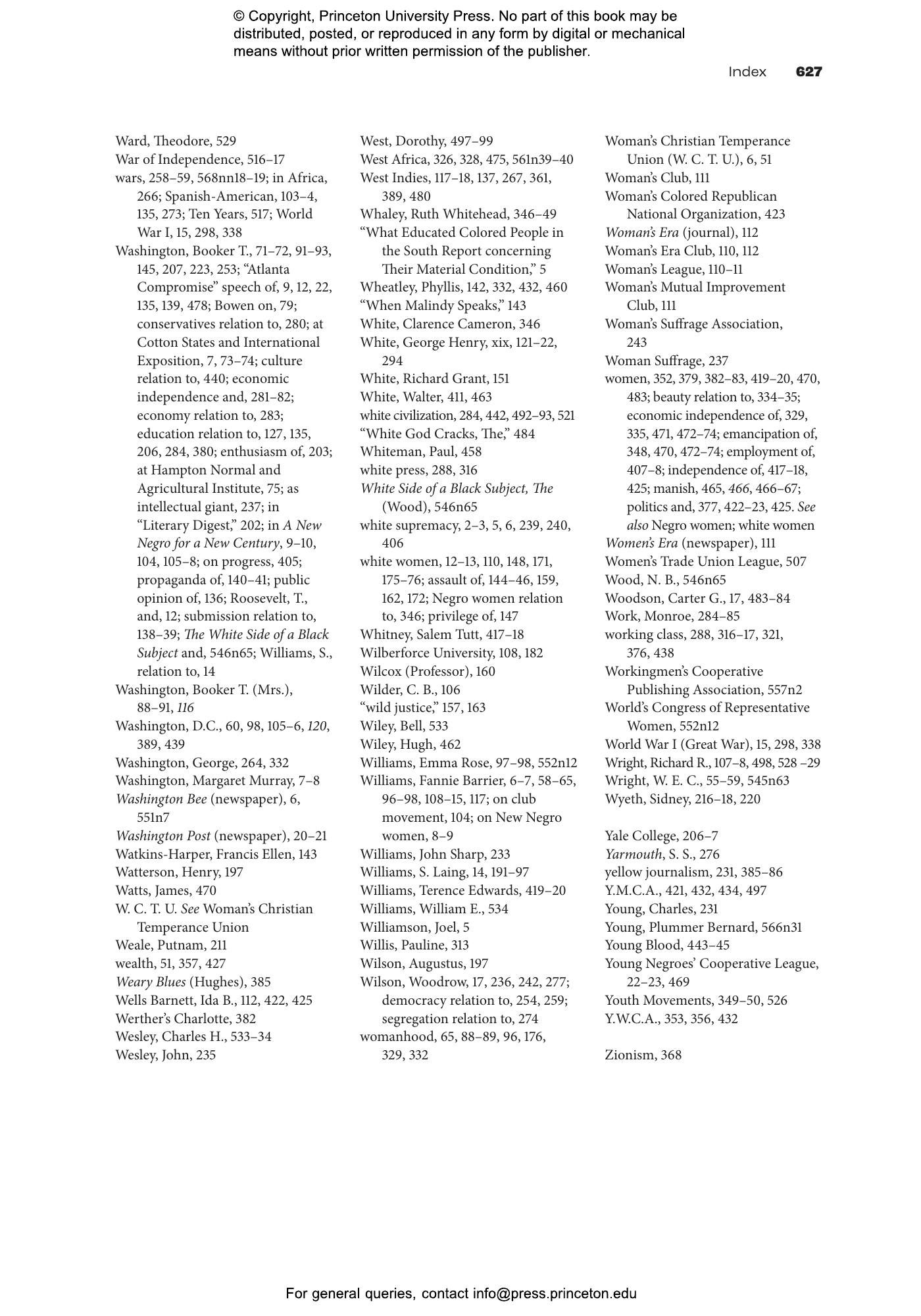This book brings together a wealth of readings on the metaphor of the “New Negro,” charting how generations of thinkers debated its meaning and seized on its potency to stake out an astonishingly broad and sometimes contradictory range of ideological positions. It features dozens of newly unearthed pieces by major figures such as W. E. B. Du Bois, Charles S. Johnson, and Drusilla Dunjee Houston as well as writings from Cuba, the US Virgin Islands, Dominica, France, Sierra Leone, South Africa, colonial Zimbabwe, and the United States. Demonstrating how this evocative and supremely protean concept predates its popularization in Alain Locke’s 1925 anthology of the same name, The New Negro takes readers from its beginnings as a response to Henry Grady’s famous “New South” address in 1886 through the Harlem Renaissance and the New Deal.
Opening a fascinating window into a largely unexplored chapter in African American, Afro-Latin American, and African intellectual history, this groundbreaking anthology includes writings by Gwendolyn Bennett, Marita Bonner, John Edward Bruce (“Bruce Grit”), Nannie Helen Burroughs, Charles W. Chesnutt, James Bertram Clarke (“José Clarana,” “Jaime Gil”), Anna Julia Cooper, Alexander Crummell, Countee Cullen, Alice Dunbar-Nelson, Marcus Garvey, Hubert Harrison, Langston Hughes, Zora Neale Hurston, D. Hamilton Jackson, Fenton Johnson, Claude McKay, Oscar Micheaux, Jeanne “Jane” Nardal, Jean Toomer, Gustavo Urrutia, Booker T. Washington, Dorothy West, Ruth Whitehead Whaley, Fannie Barrier Williams, Carter G. Woodson, and a host of others.
Martha H. Patterson is professor of English at McKendree University. Her books include The Harlem Renaissance Weekly: Reading the New Negro in Jazz Age African American Newspapers. Henry Louis Gates, Jr., is the Alphonse Fletcher University Professor and Director of the Hutchins Center for African and African American Research at Harvard University. He is the host of Finding Your Roots on PBS and the author of many books, including The Black Box: Writing the Race.
34083
"This absorbing collection with impressively detailed commentary and engrossing thumbnail biographies and notes demands the attention of scholars of U.S. letters, history, and culture and invites serious general readers to consider the continuities of Black self-reflection and struggle."—Library Journal, starred review
“This collection is a marvel! People who are interested in the remarkable journey of self-creation by individuals caught up in the whirlwind of white supremacy will revel in the words of Black people who dared to imagine themselves otherwise. And those who fight today, amid the storm and stress, will find within these pages resources to take into battle. This is a book you must have!”—Eddie S. Glaude Jr., New York Times bestselling author of Begin Again: James Baldwin’s America and Its Urgent Lessons for Our Own
“For a people so unloved before and after the Civil War, it is heartening to have this long overdue inventory of the New Negro as a constant and persistent meme of self-love.”—Jeffrey Stewart, author of The New Negro: The Life of Alain Locke, winner of the National Book Award and the Pulitzer Prize
“Patterson and Gates have produced a remarkably wide-ranging compendium of writing and illustration about Black life and modernity that is, at the same time, a history of the trope of the ‘New Negro’ from two generations before the Harlem Renaissance to the brink of World War II. And Patterson’s introduction offers a valuable analytical account bringing contemporary perspectives of Black internationalism, Black feminism, and class analysis to bear on the gathered material. A wonderful resource for anyone interested in Black cultural history.”—George Hutchinson, author of The Harlem Renaissance in Black and White


